
Knowledge that transforms
Twenty years serving a prosperous, inclusive and sustainable future
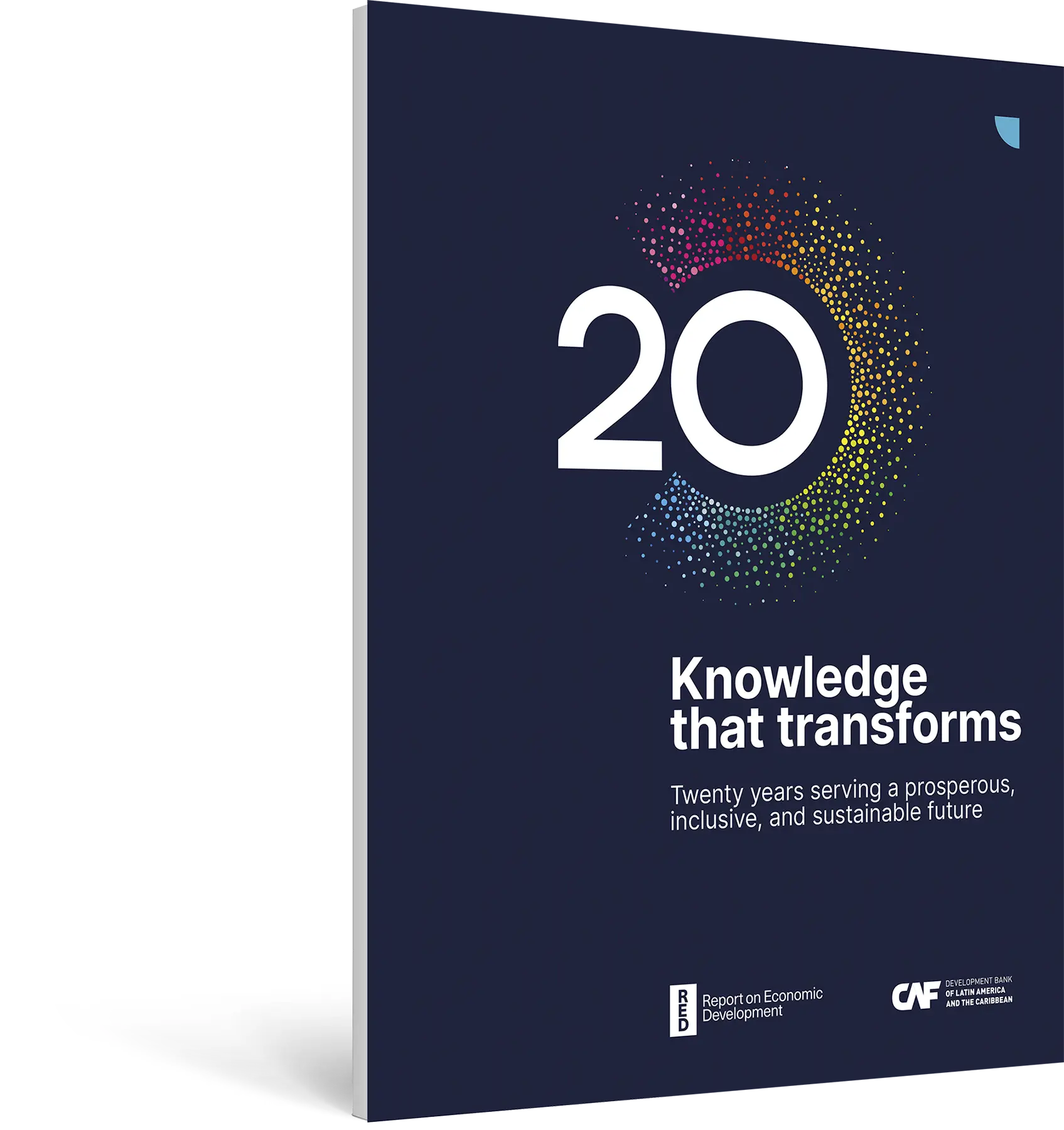
About the report
In recent decades, Latin America and the Caribbean have made remarkable progress: GDP per capita in the region has grown by 40% in Latin America and 16% in the Caribbean since 1970, democracies have generally been consolidated, and poverty has been significantly reduced. However, profound challenges remain: one in three inhabitants still lives in poverty, the region continues to be one of the most unequal in the world, and it faces critical problems such as insecurity, labor informality and the weakness of its state capacities.
This book offers a comprehensive vision for understanding and addressing these problems, exploring the triple challenge of growing, including and protecting the environment. The text combines rigorous diagnoses with innovative proposals that lay the foundations for a more just, sustainable and resilient development, and is enriched by the perspectives of internationally renowned experts, invited to reflect on the most pressing problems in the region.
Report content
Chapters
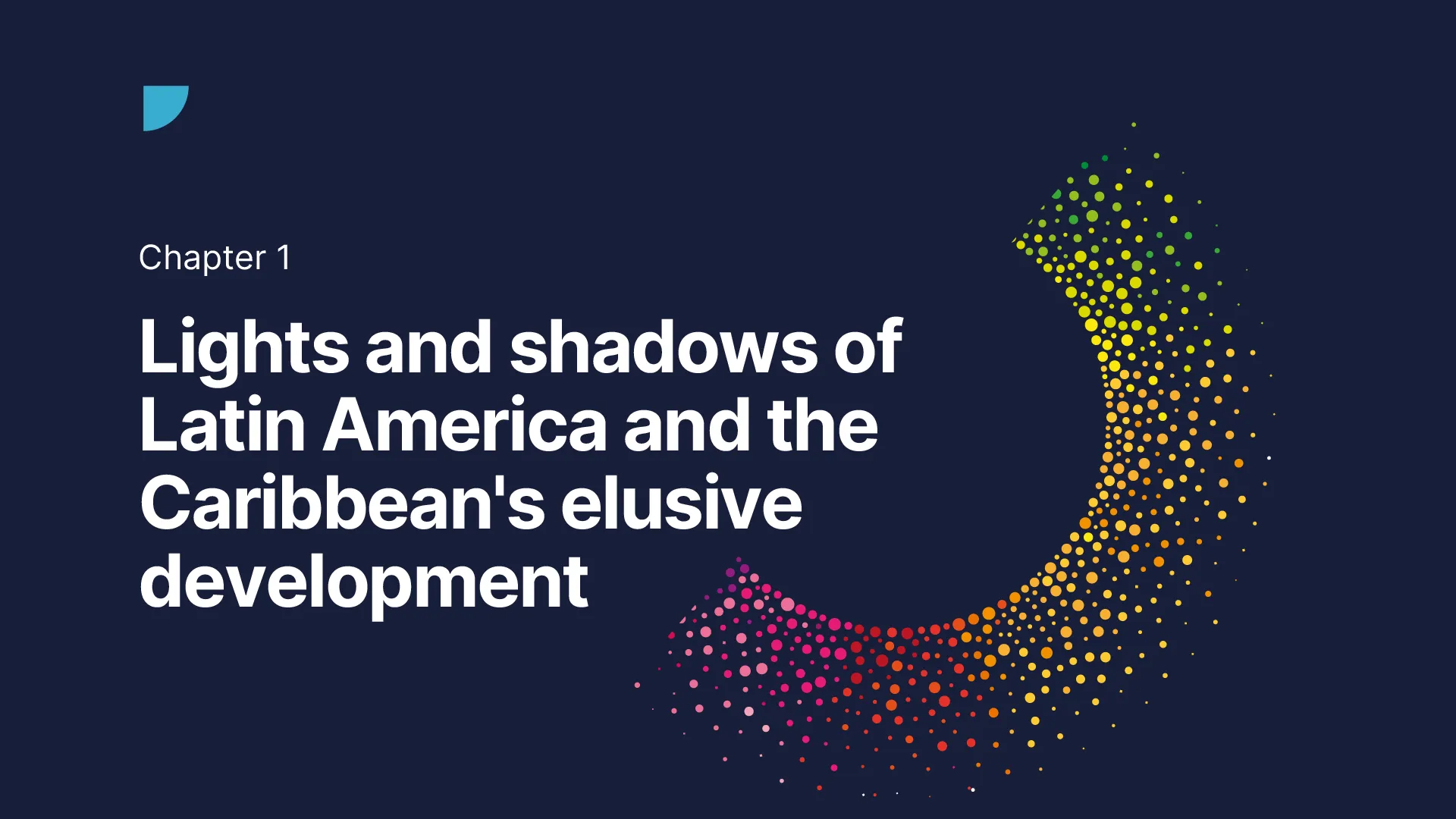
The chapter analyzes the development of Latin America and the Caribbean, highlighting the triple challenge of economic growth, reducing inequality and protecting the environment. It explores historical factors and key transitions and offers a general context of the region.
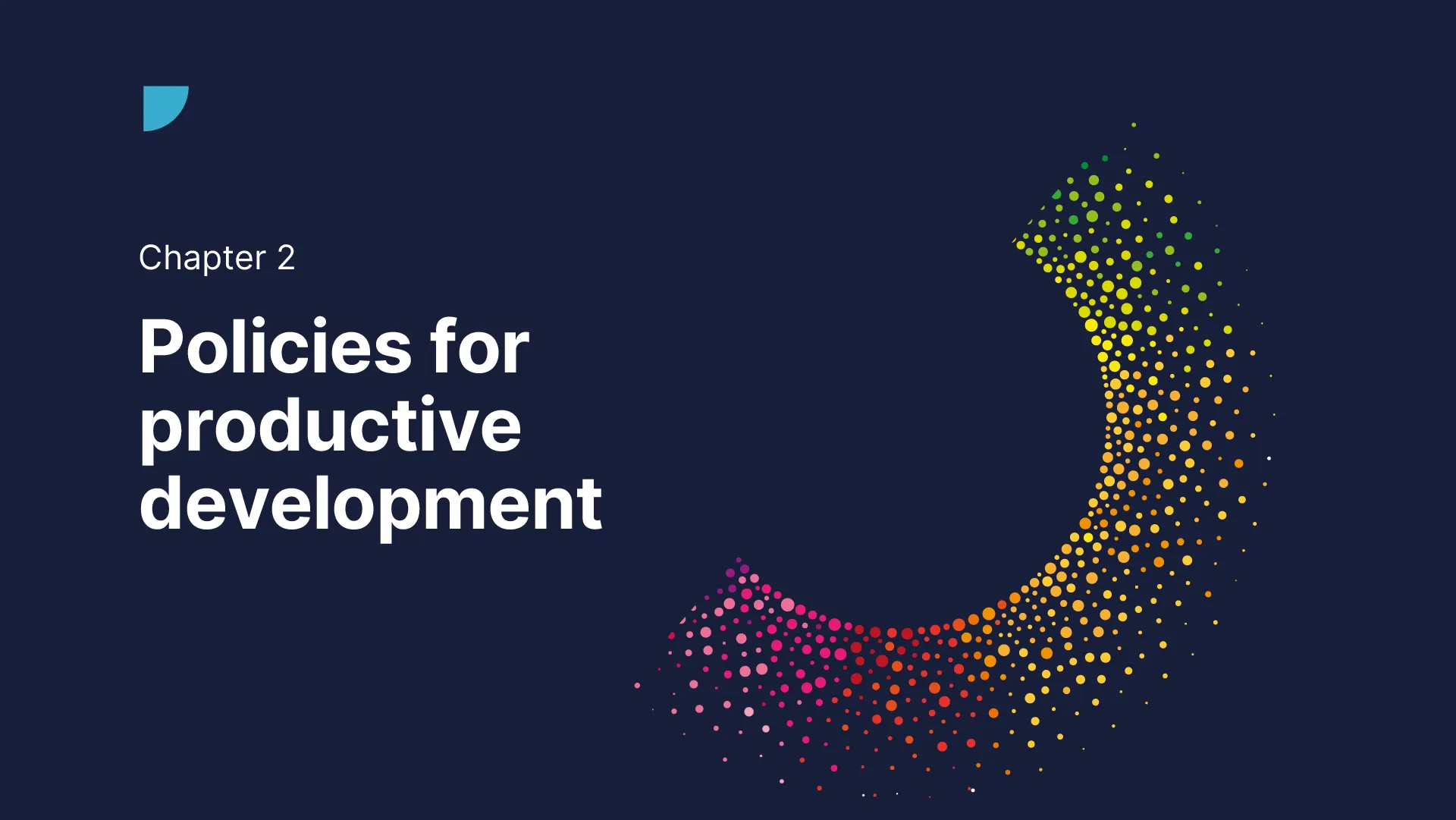
Here we analyze the policies to promote productive development, efficiency and growth in Latin America, addressing labor markets, financing, competition, innovation and the role of industrial policy.
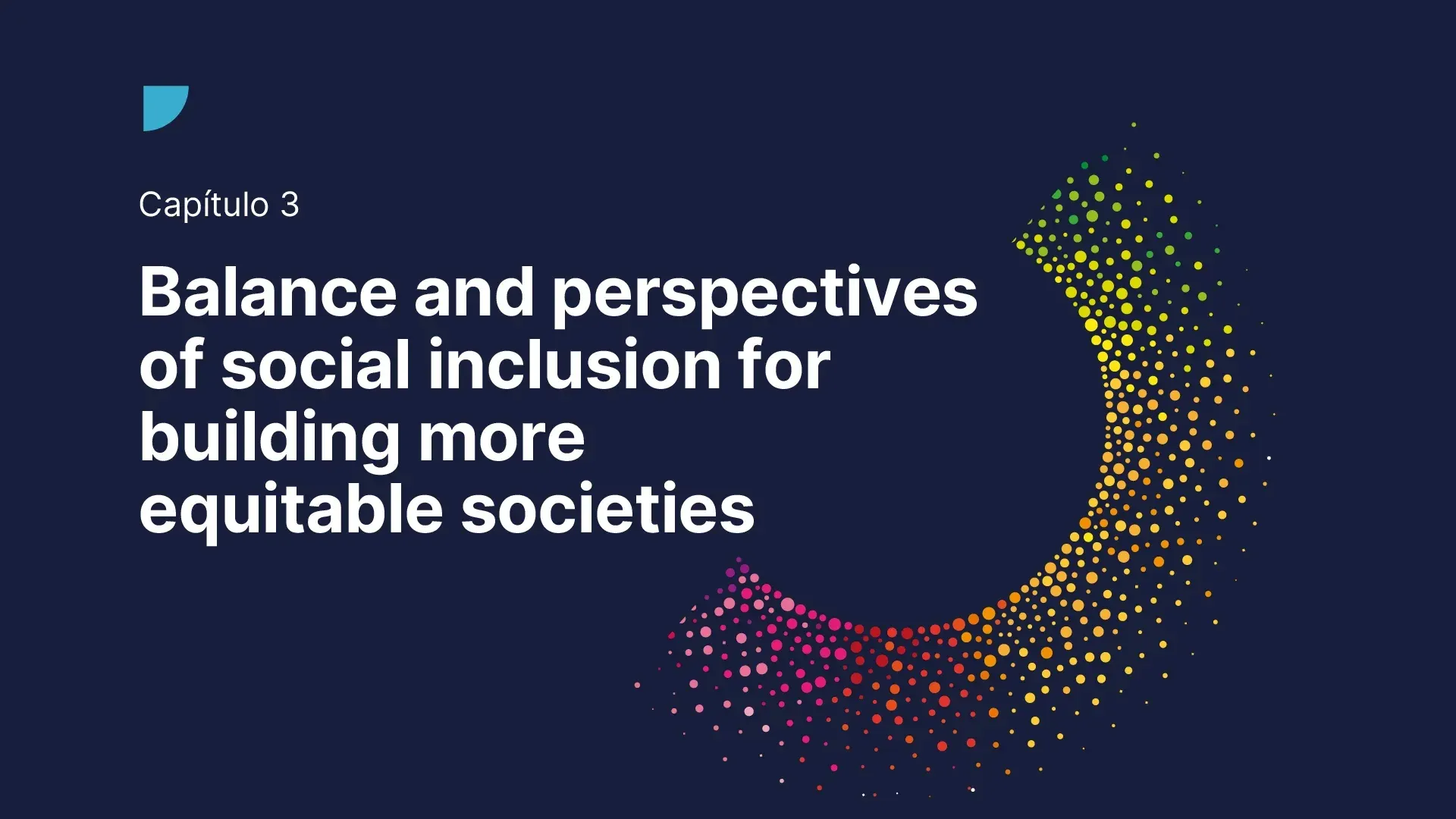
A look at social inclusion in Latin America, highlighting policies for the life cycle: child development, education, employment, old age and social protection. It seeks to reduce inequalities and guarantee equal opportunities.
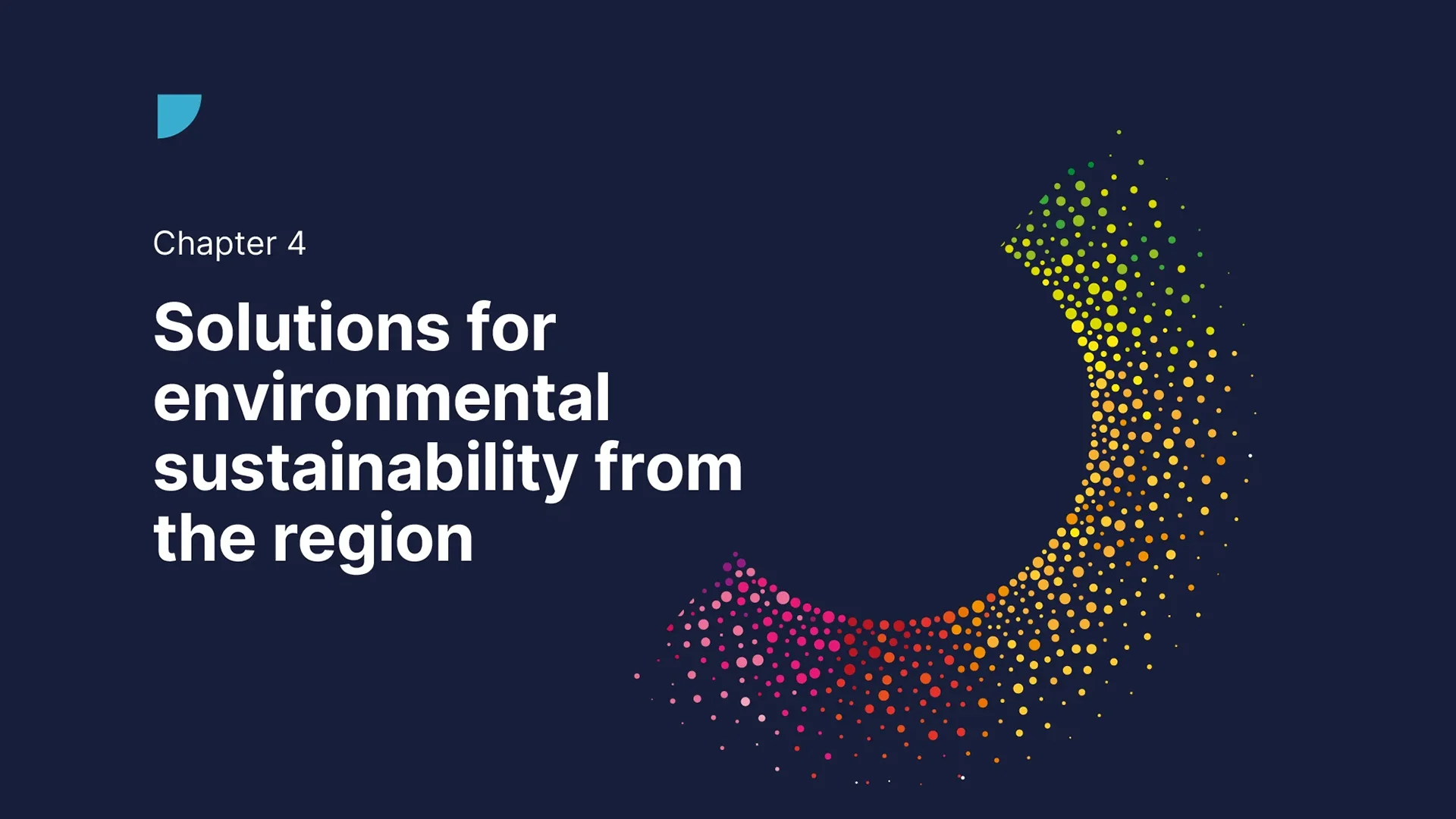
An analysis of the sustainability of the current development model, the impacts of climate change, policies to reduce emissions and protect ecosystems, and the macroeconomic implications of the green transition in Latin America and the Caribbean.
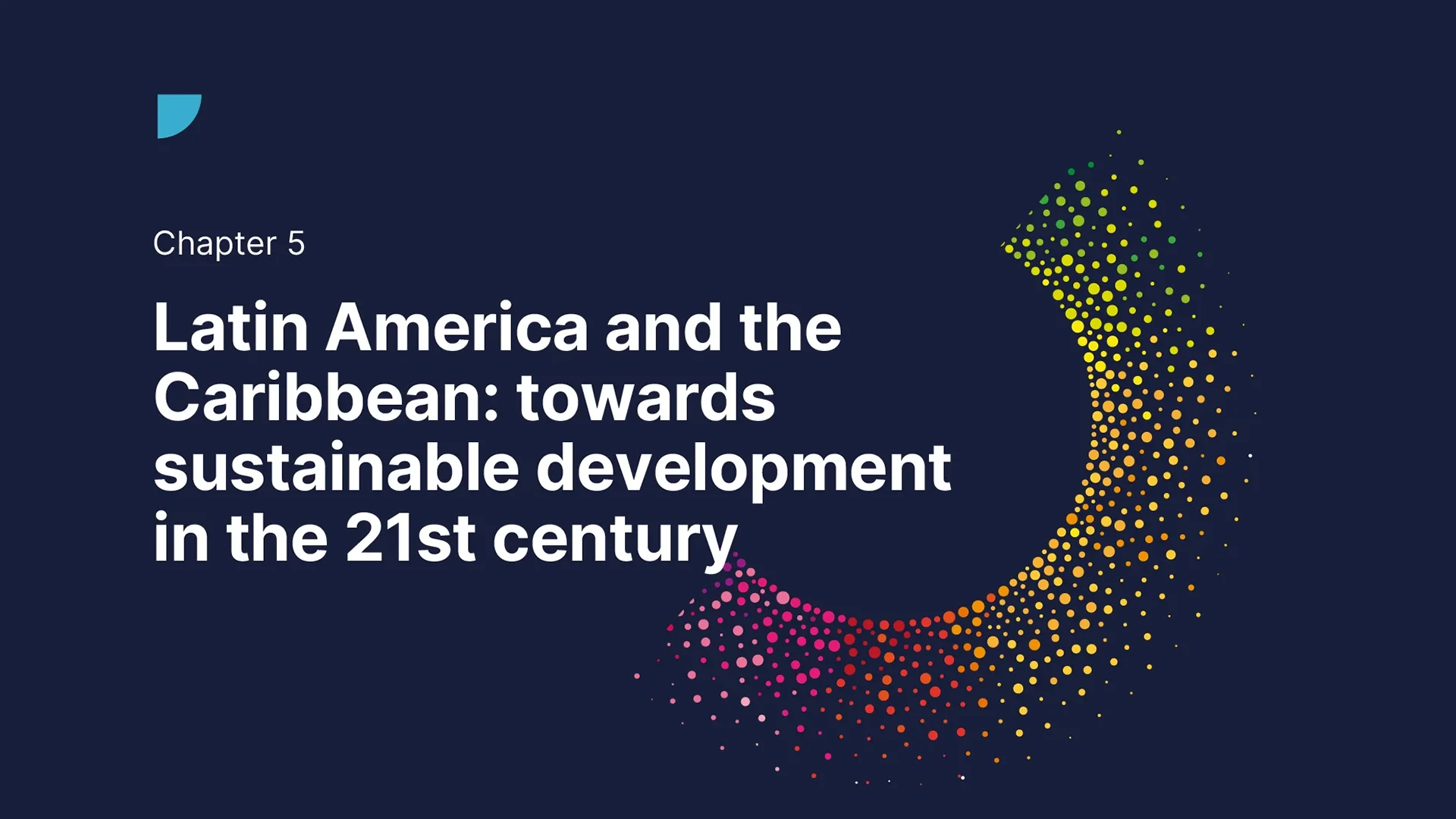
It proposes a strategy for the sustainable development of Latin America and the Caribbean, highlighting the need for reforms in agriculture, services, natural capital management and a more efficient state, with multilateral banking as a key ally.
Inspirational leaders
Reflections on the main challenges for development and the usefulness and relevance of the series for the design of public policies in Latin America and the Caribbean.
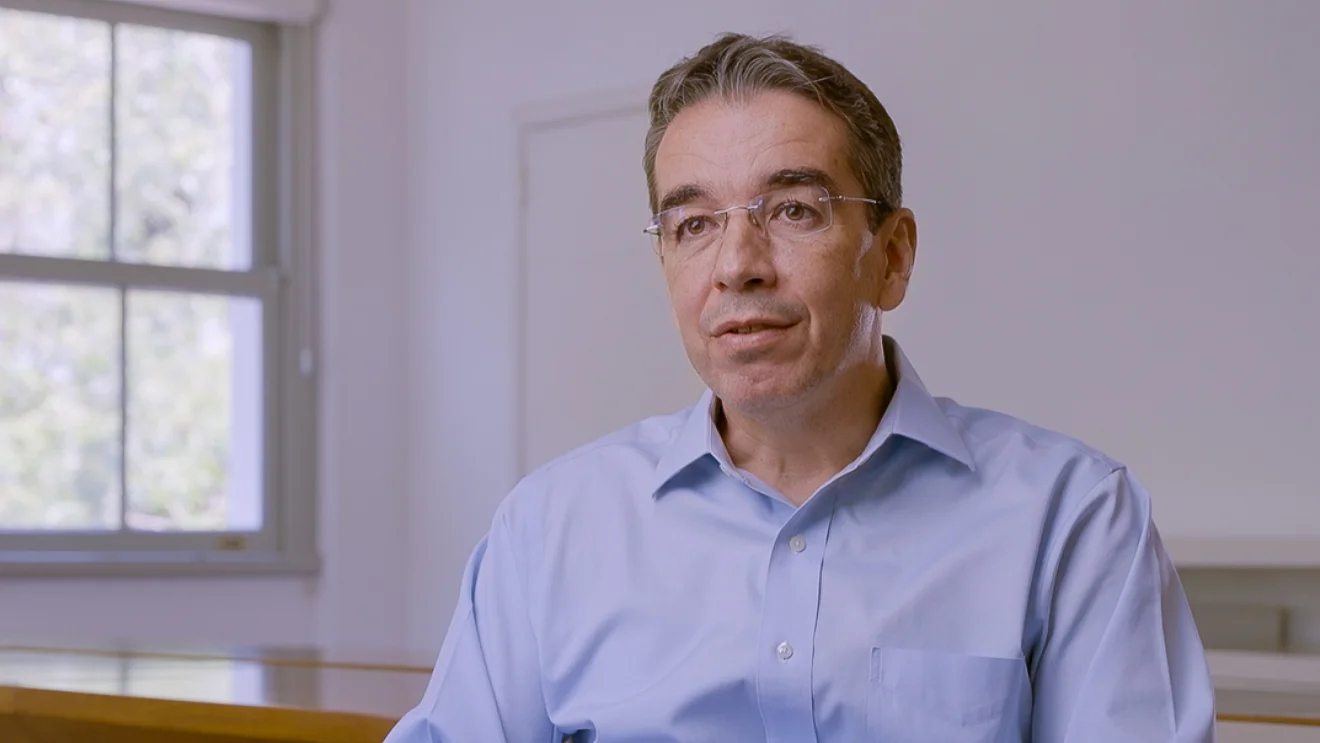
Juliano Assunção
PhD in Economics. Executive Director of the Climate Policy Initiative PUC-Rio.
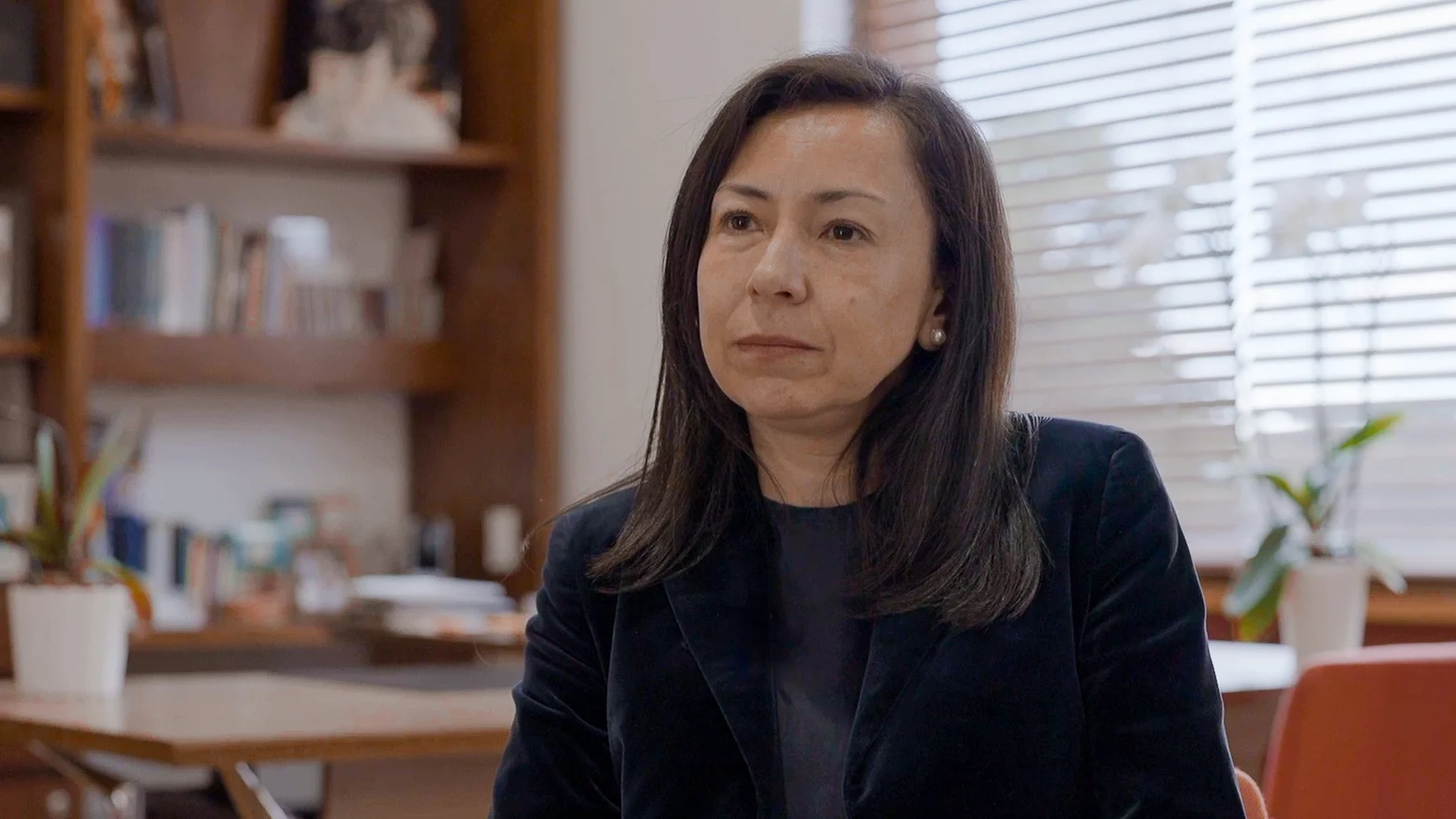
Raquel Bernal Salazar
PhD in Economics. Vice-Chancellor of the University of Los Andes.
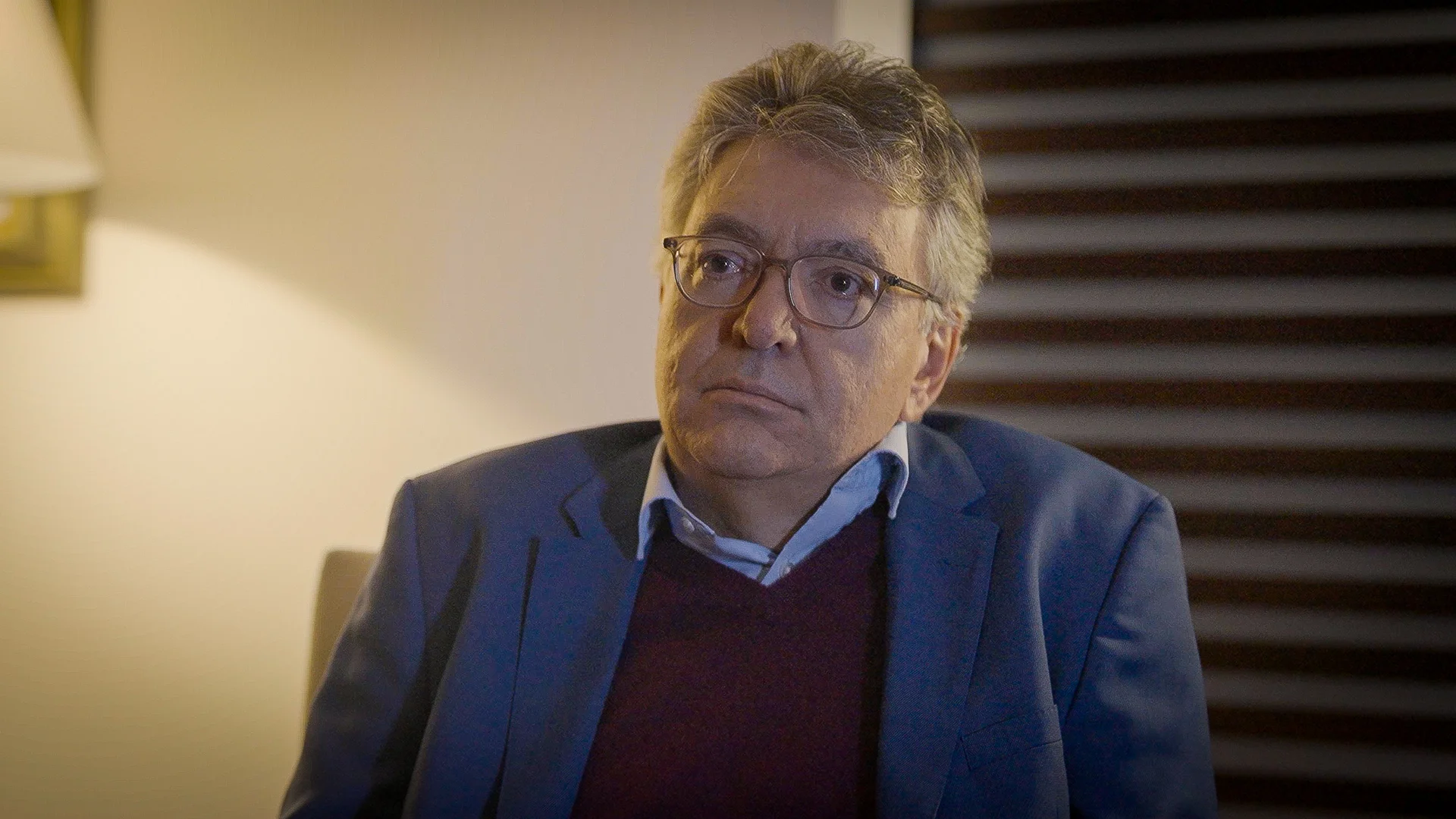
Mauricio Cárdenas
PhD in Economics. Former Minister of Mines and Energy of Colombia.
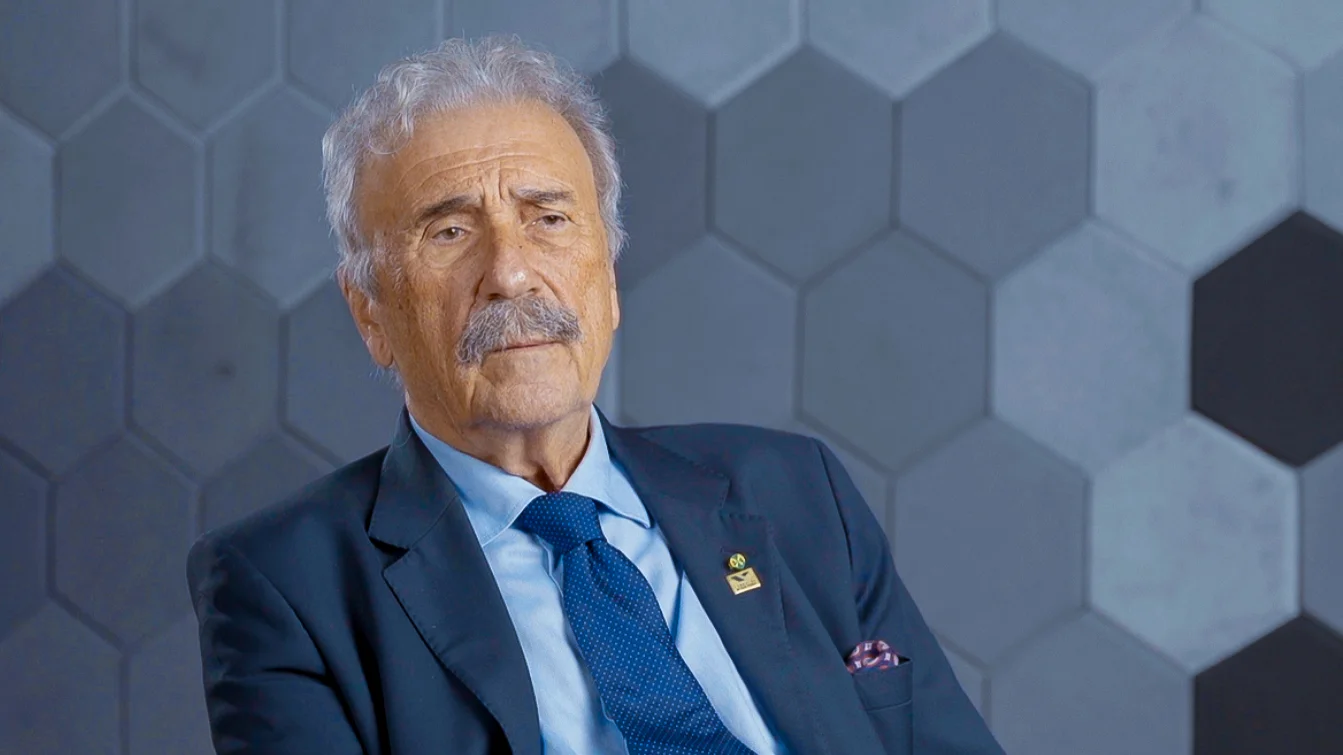
Bianor Scelza Cavalcanti
PhD in Administration and Public Policy. Former International Director of the Getulio Vargas Foundation.
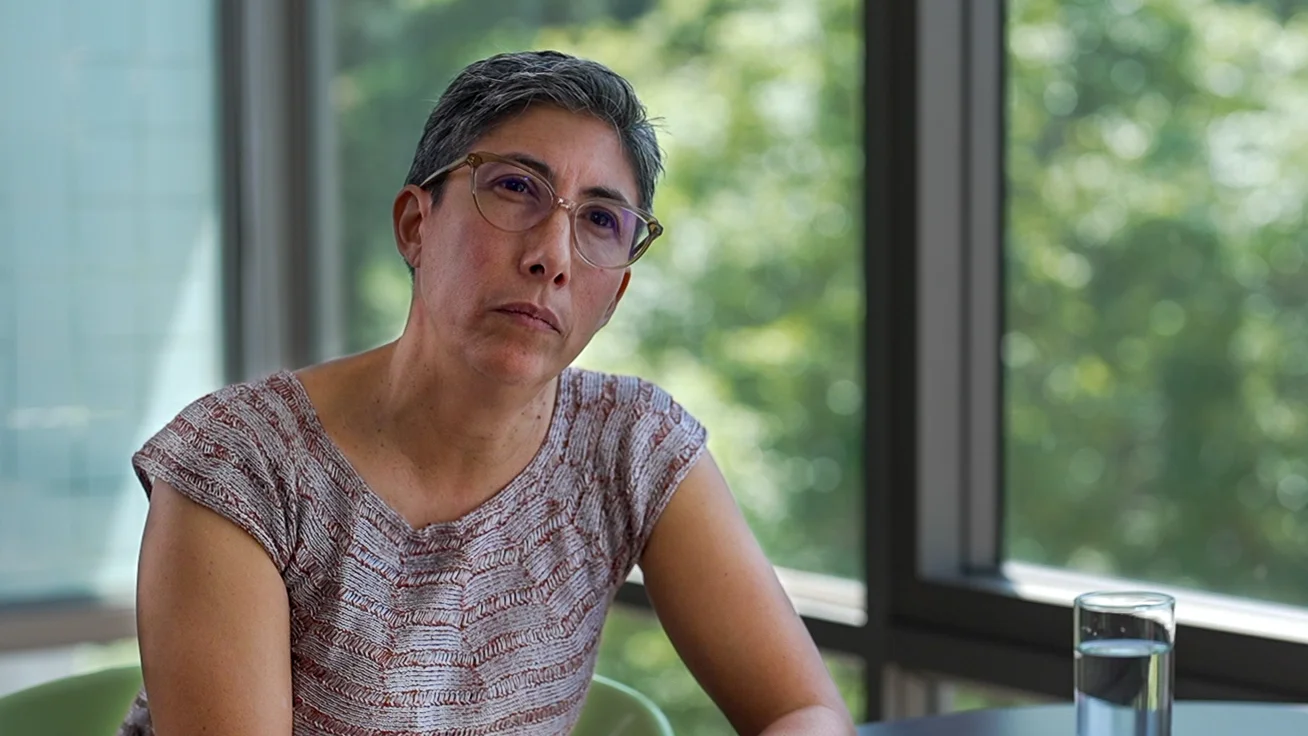
Marcela Eslava Mejía
PhD in Economics. Former Dean of the Faculty of Economics at the University of the Andes.
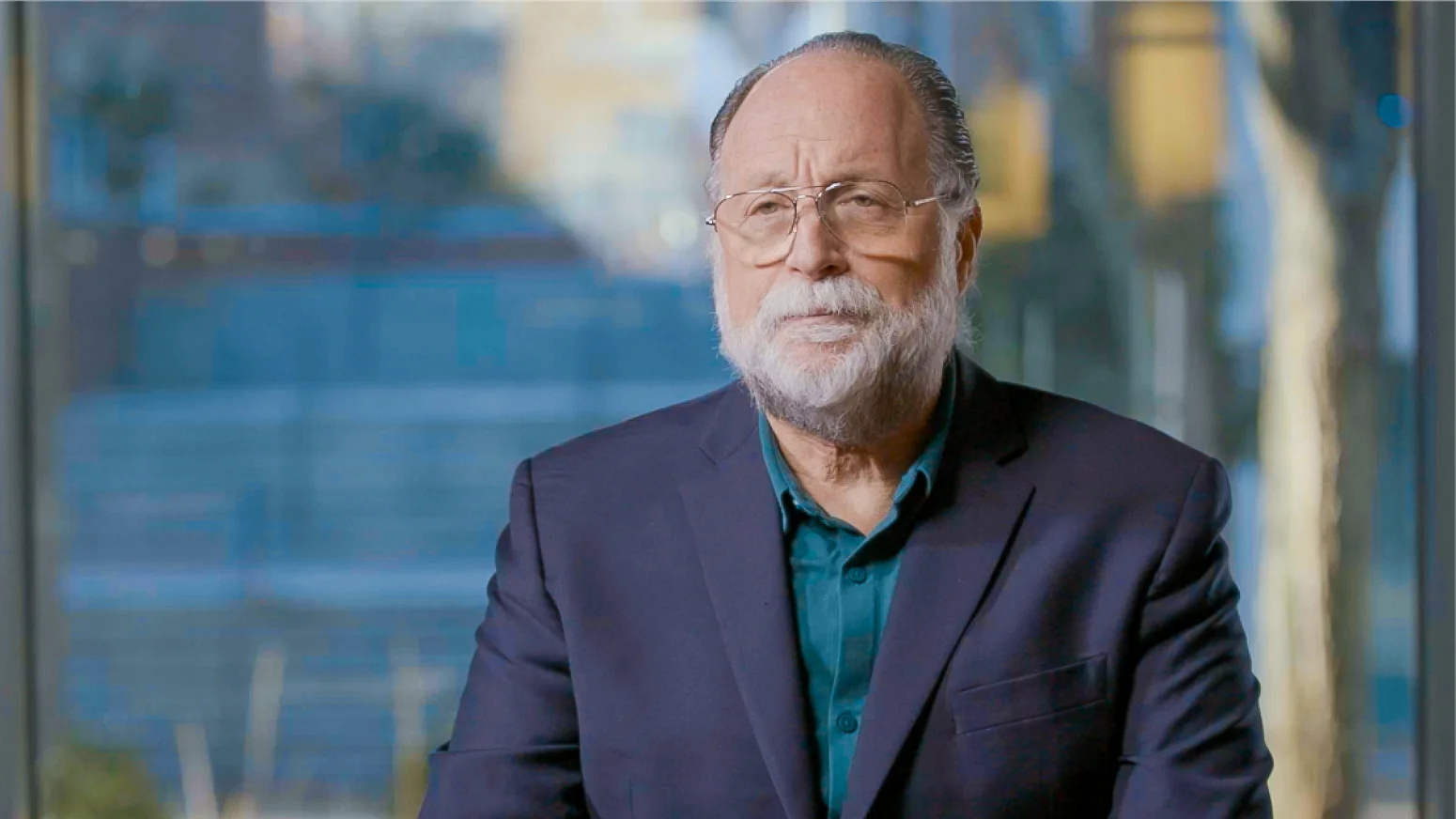
Ricardo Hausmann
PhD in Economics. Founder and Director of Harvard’s Growth Lab.
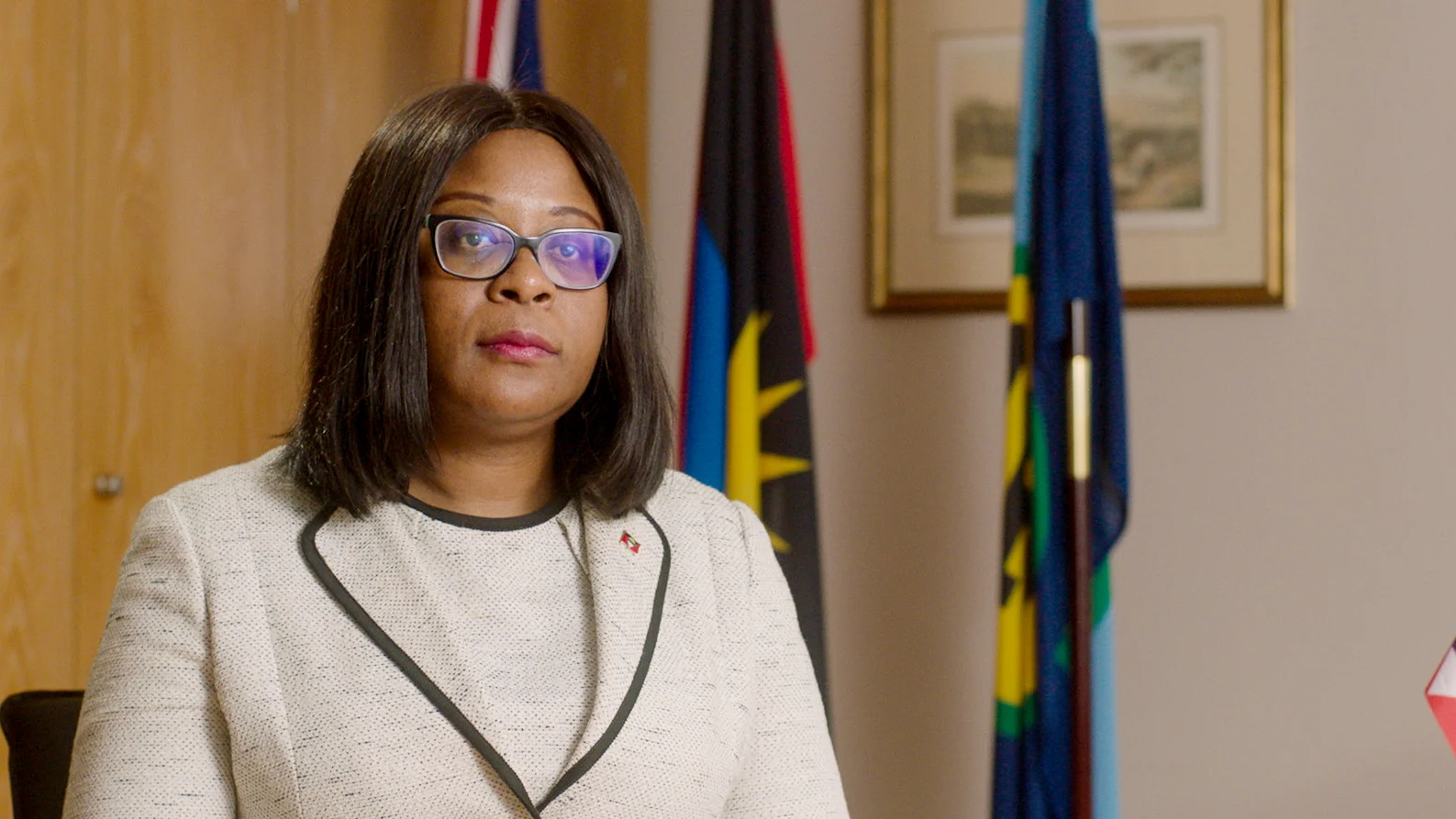
Karen-Mae Hill
Lawyer and Master in Development Studies from the University of Oxford. High Commissioner of Antigua and Barbuda.
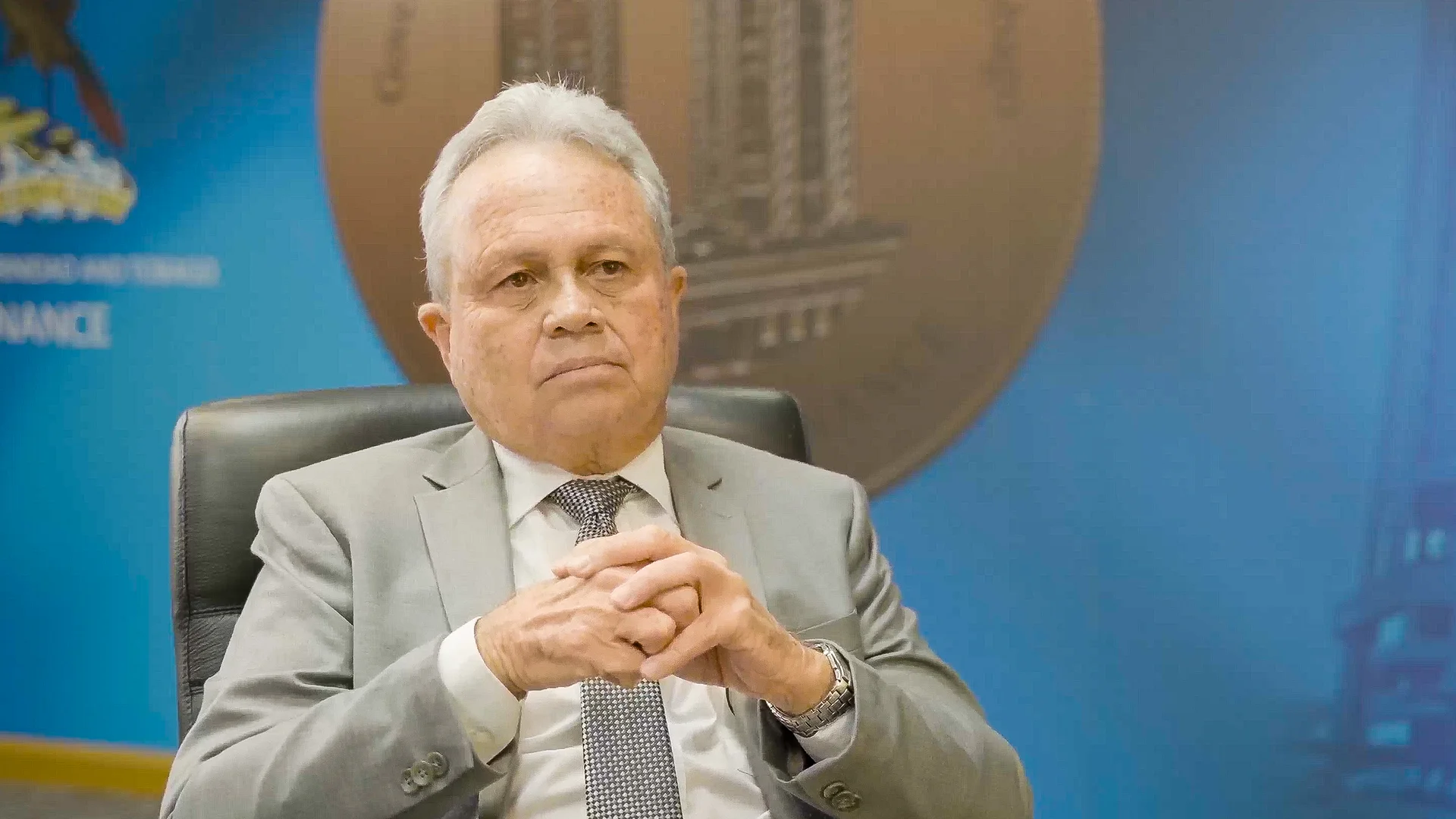
Colm Imbert
Civil engineer and Master in Law. Minister of Finance of Trinidad and Tobago.
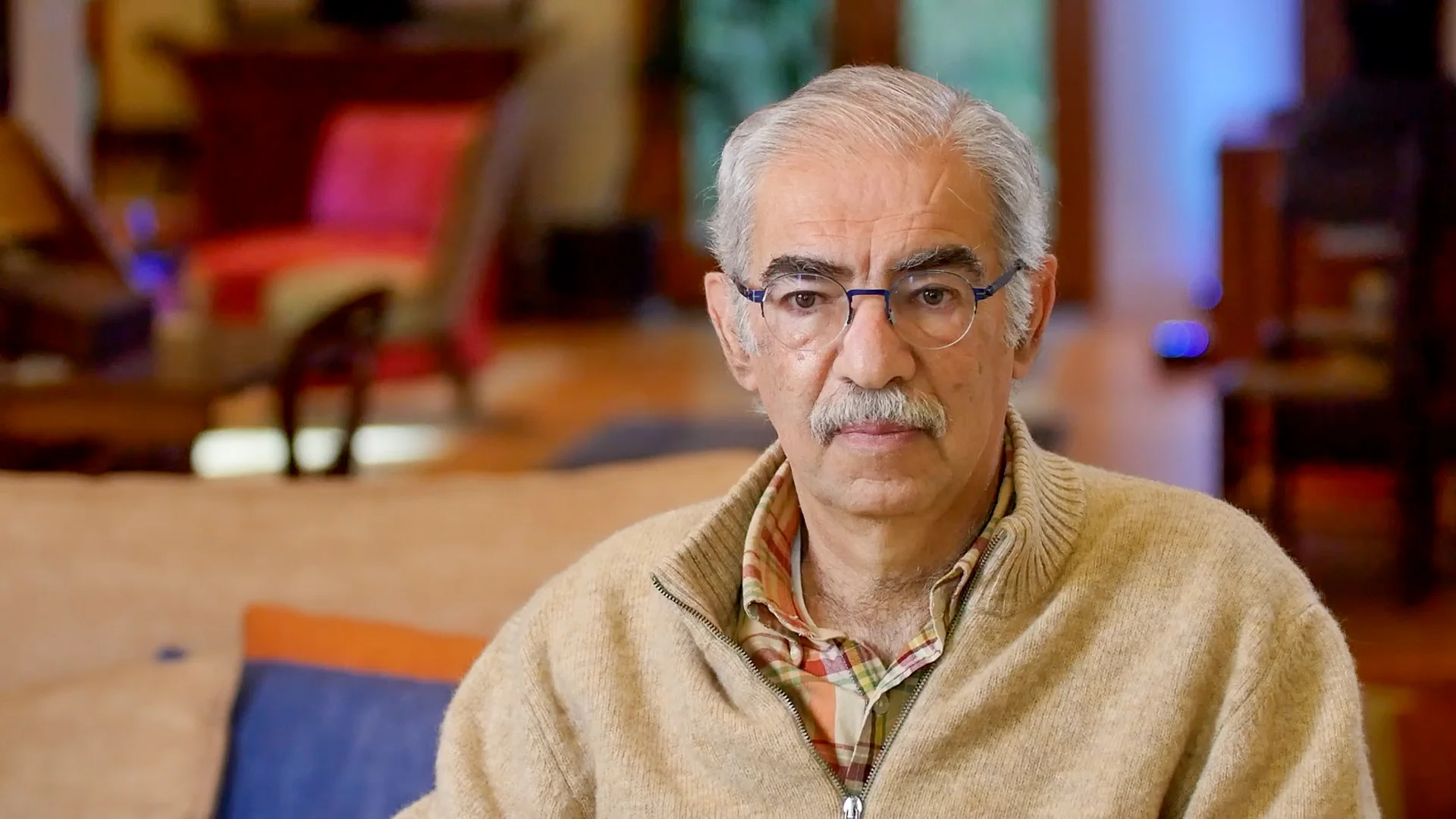
Santiago Levy
PhD in Economics and honorary postdoctorate from the University of Cambridge. Former Vice President of Sectors and Knowledge at the IDB.
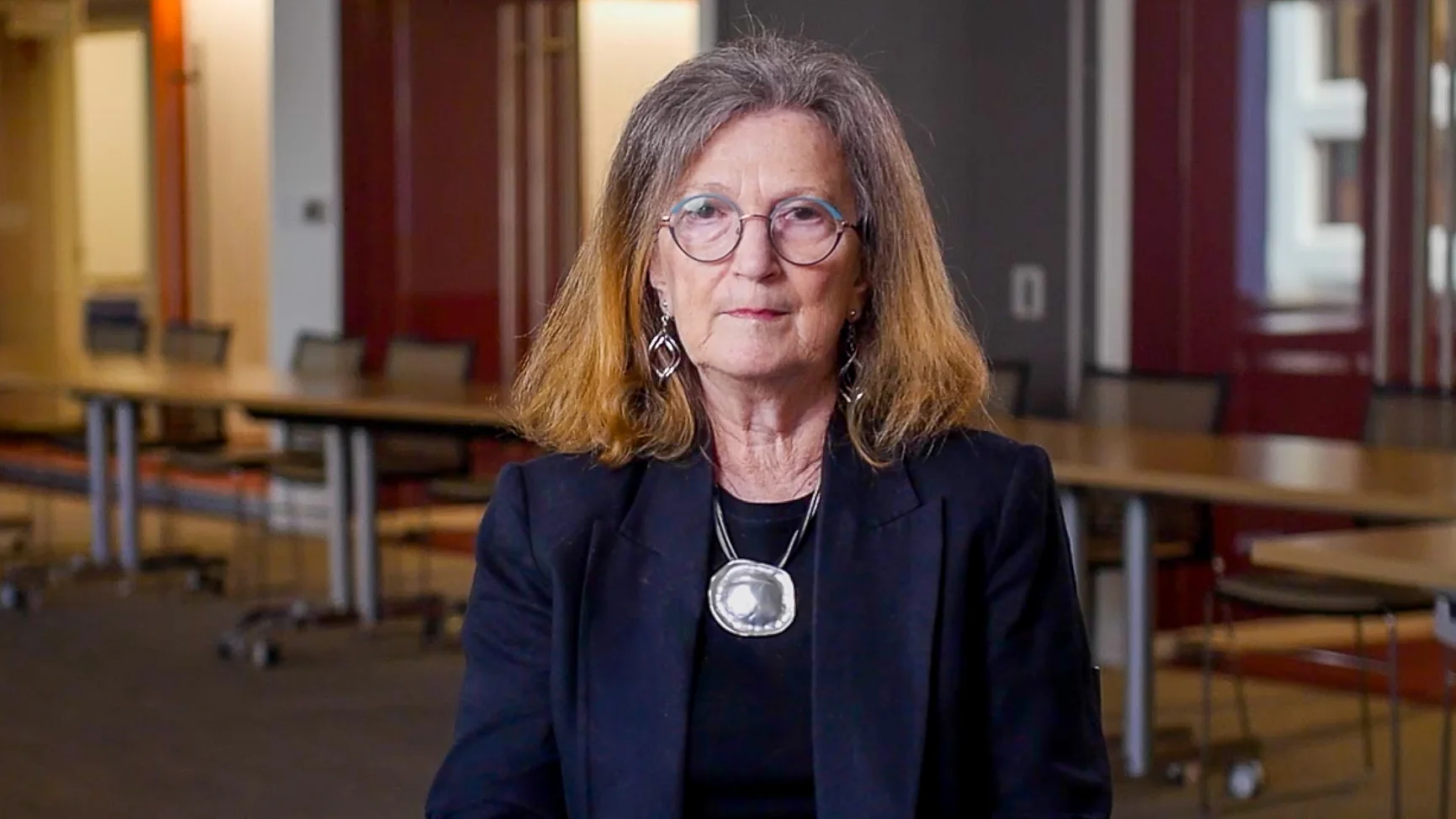
Nora Lustig
PhD in Economics. Professor of Latin American Economics and founding director of the Commitment to Equity Institute.
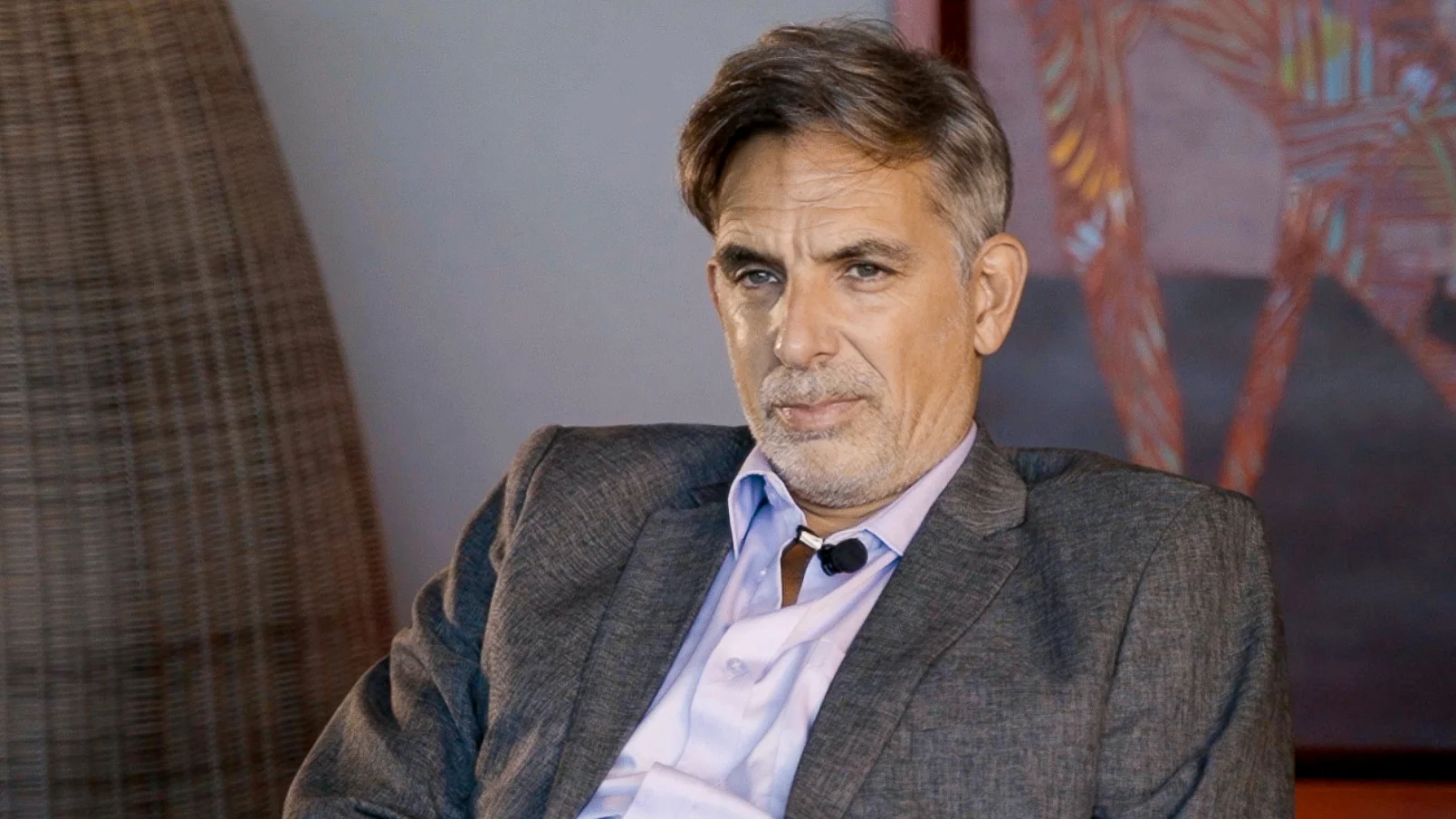
Sebastián Lucas Mazzuca
PhD in Political Science. Professor at Tecnológico de Monterrey and Johns Hopkins University.

Carmen M. Reinhart
PhD in Economics. Professor at Harvard's Kennedy School.
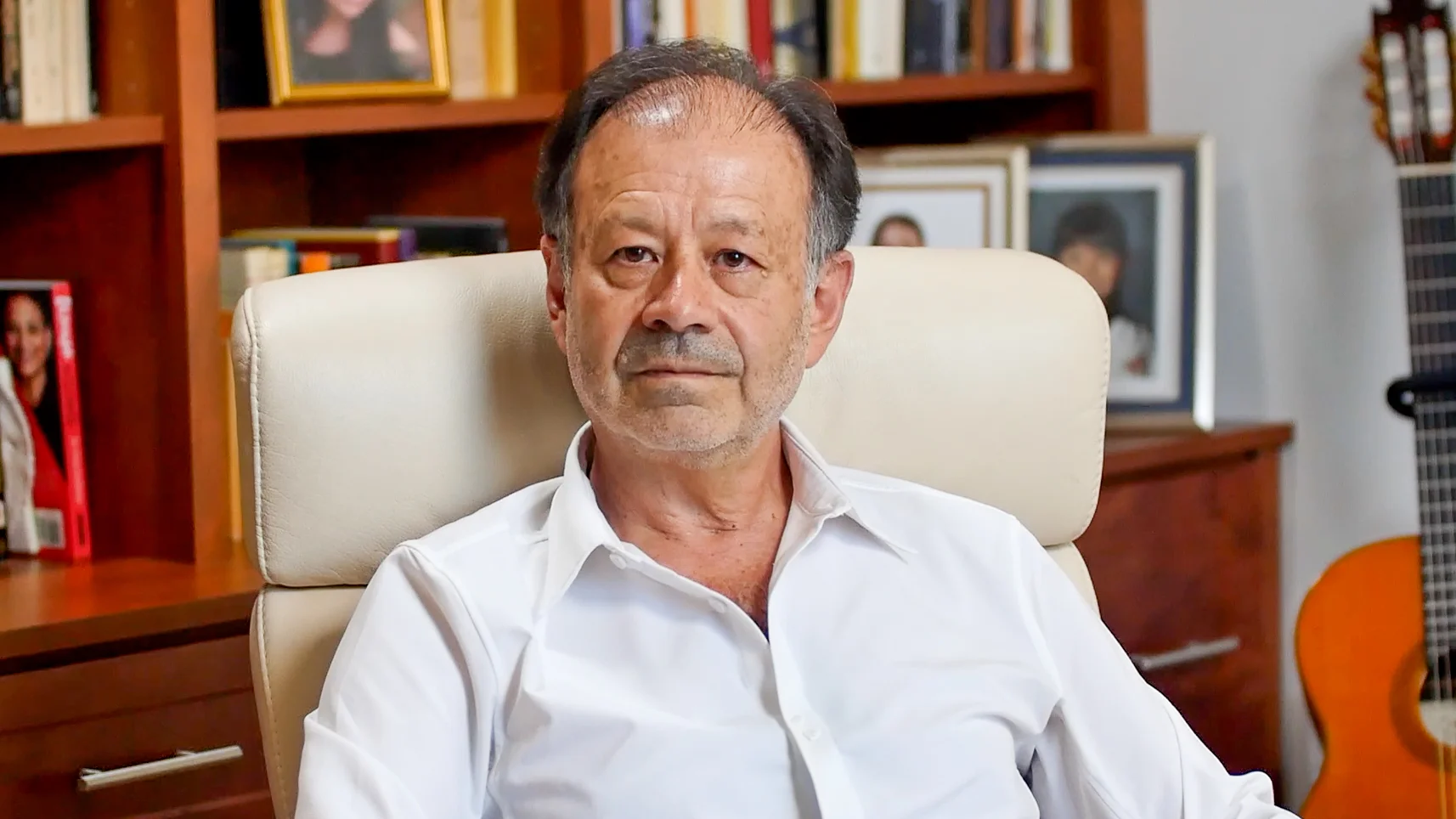
Augusto de la Torre
PhD in Economics. Director of the Center for Economic Research at the University of the Americas.
In figures
Twenty years serving a prosperous, inclusive and sustainable future
Poverty and inequality
In figures
Twenty years serving a prosperous, inclusive and sustainable future
Growth and productivity
In figures
Twenty years serving a prosperous, inclusive and sustainable future
Informality
of workers in the region are informal, that is to say, they do not make social security contributions.
Approximately 1 in 4Latin Americans and Caribbean people live in informal settlements, with low levels of basic domestic service coverage.
40%increase, on average, in contributions to contributory pension systems if the informal labor sector were to be halved.
In figures
Twenty years serving a prosperous, inclusive and sustainable future
Natural assets
countries defined as megadiverse are in the region.
56%of global lithium resources are concentrated in LAC.
21%of LAC exports were agricultural products in 2023.
In figures
Twenty years serving a prosperous, inclusive and sustainable future
Environmental sustainability
of GHG emissions in Latin America are associated with land use and agricultural activity; in contrast, these represent 20% globally.
61%of electricity in LAC is produced without using fuels, with hydraulic energy being the predominant source today.
13.5times the region's wind and solar energy capacity must grow by 2050 to meet the commitments made.
About RED
The first Report on Economic and Development (RED) was published in 2004 in response to the growing need to generate knowledge to support the operations of CAF, Development Bank of Latin America and the Caribbean, and to facilitate evidence-based decision-making. Conceived as a knowledge platform, RED has fostered informed discussions on public policy on key issues for regional development.
Each edition addresses a highly relevant issue, providing a comprehensive and rigorous diagnosis, reviewing the best available evidence and filling knowledge gaps through original research. Its main objective is to offer clear, viable policy recommendations designed from and for the region.
Thanks to this approach, the RED has established itself as an indispensable point of reference for those who design and implement public policy in Latin America and the Caribbean, contributing to the effective development of the region.
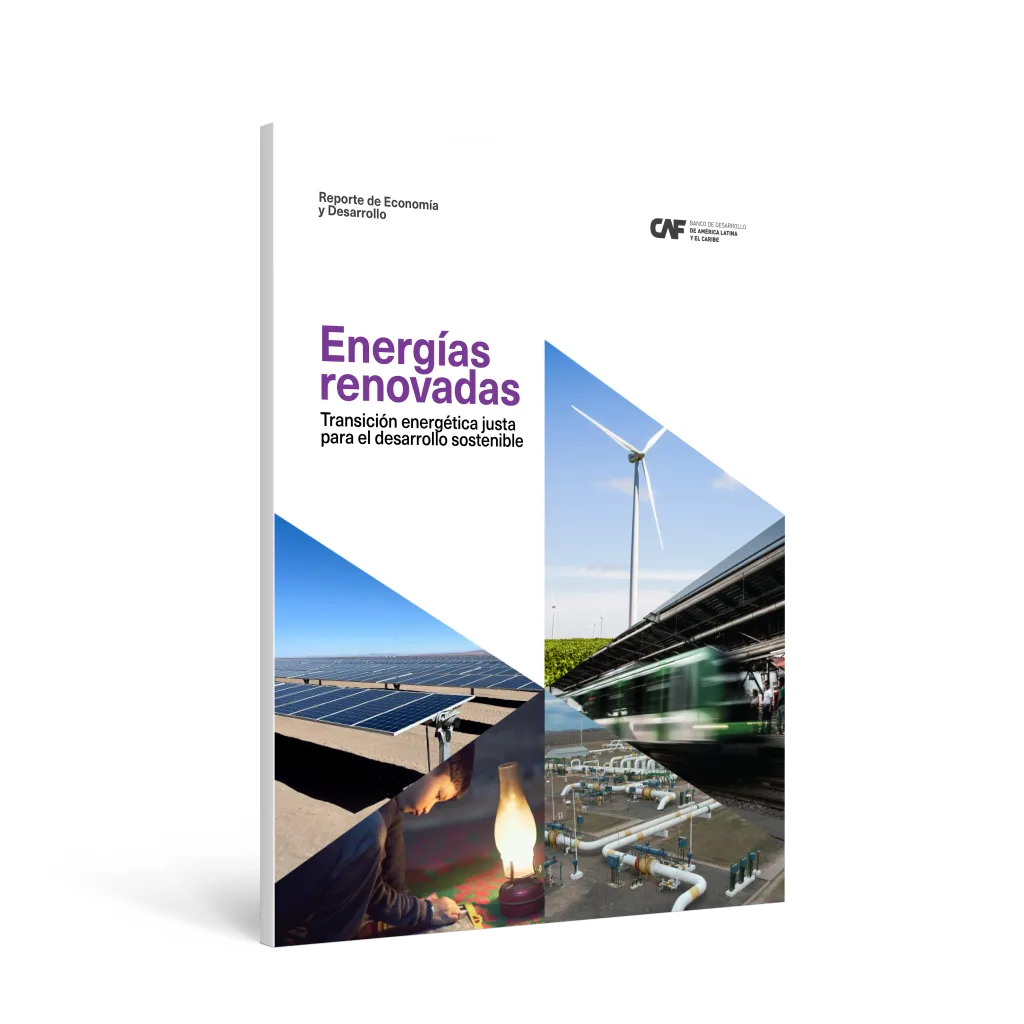
Renewed Energies: A just energy transition for sustainable development
RED 2024
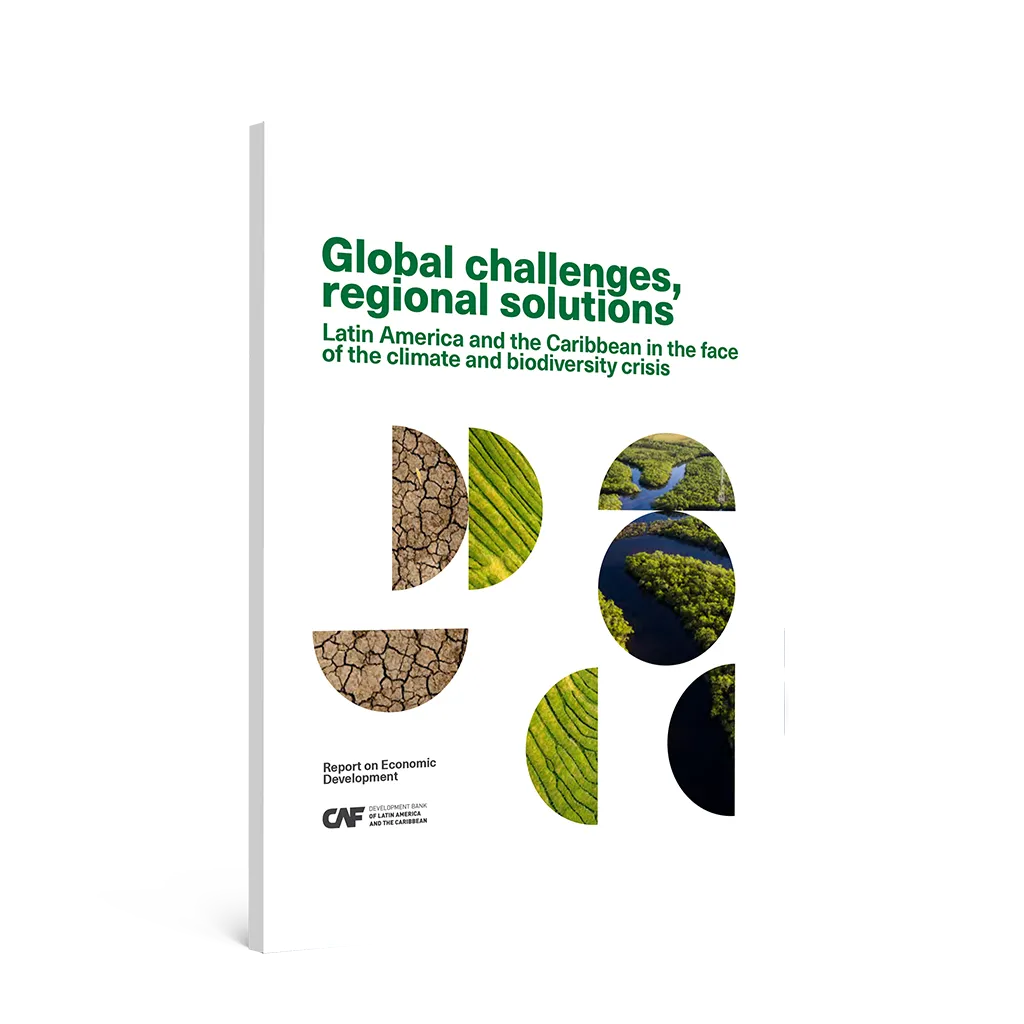
Global challenges, regional solutions: Latin America and the Caribbean in the face of the climate and biodiversity crisis
RED 2023
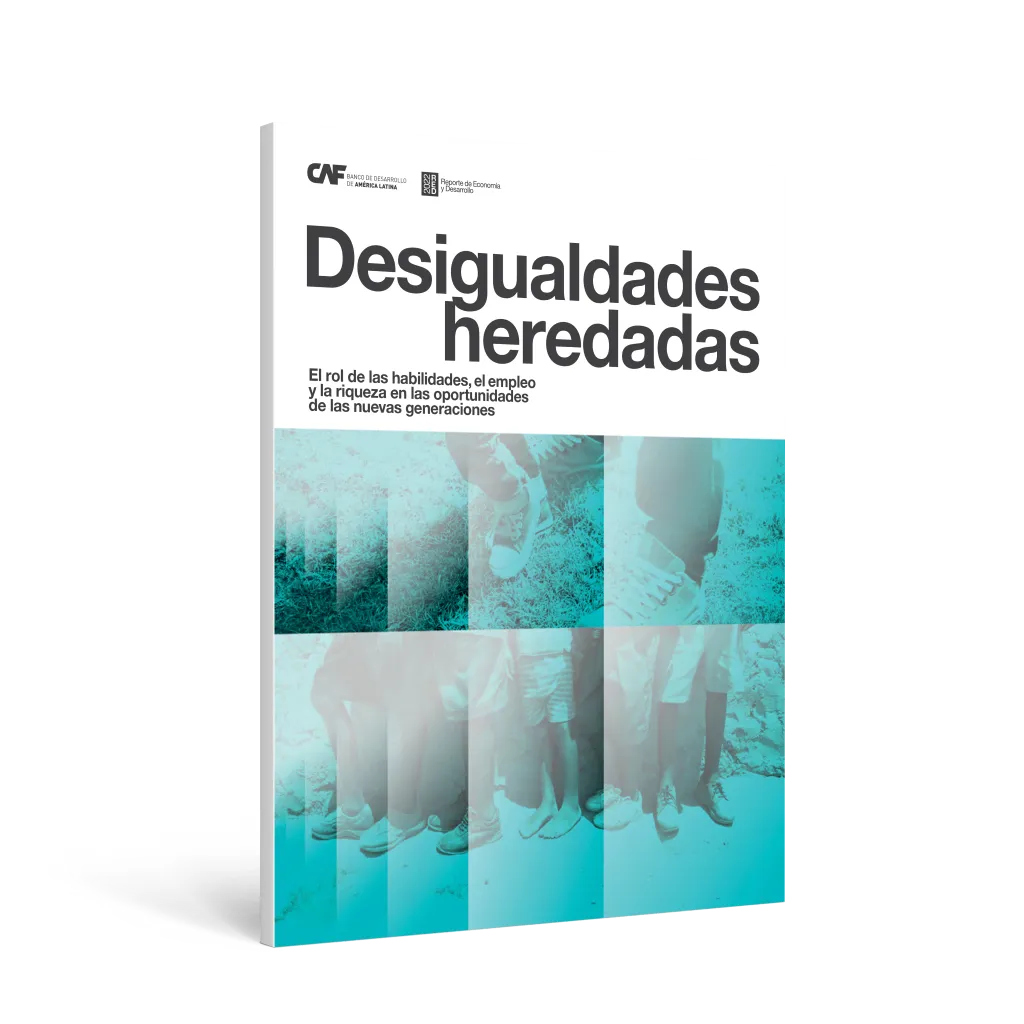
Inherited inequalities: The role of skills, employment, and wealth in the opportunities of new generations
RED 2022

Pathways to integration: trade facilitation, infrastructure, and global value chains
RED 2021
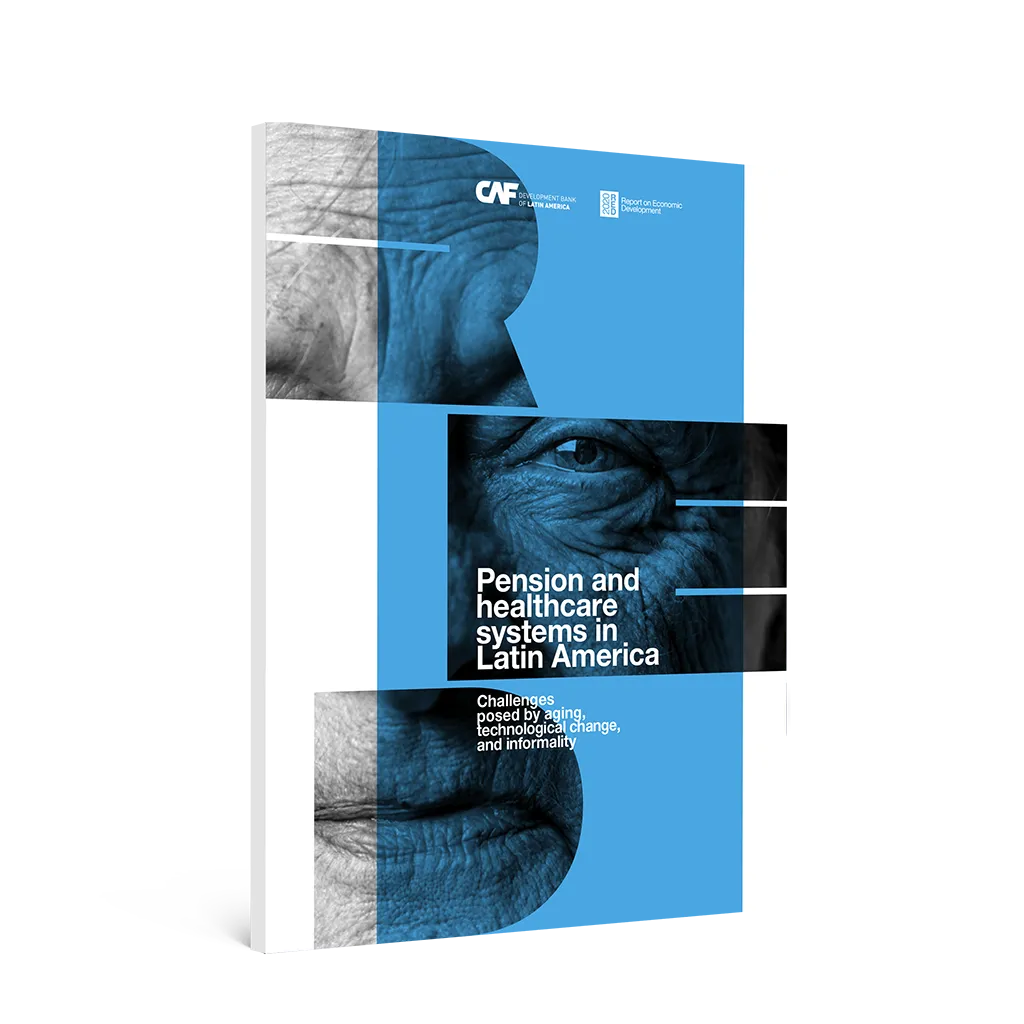
Pension and healthcare systems in Latin America: Challenges posed by aging, technological change, and informality
RED 2020

Integrity in public policy. Keys to prevent corruption
RED 2019

Institutions for productivity: Towards a better business environment
RED 2018
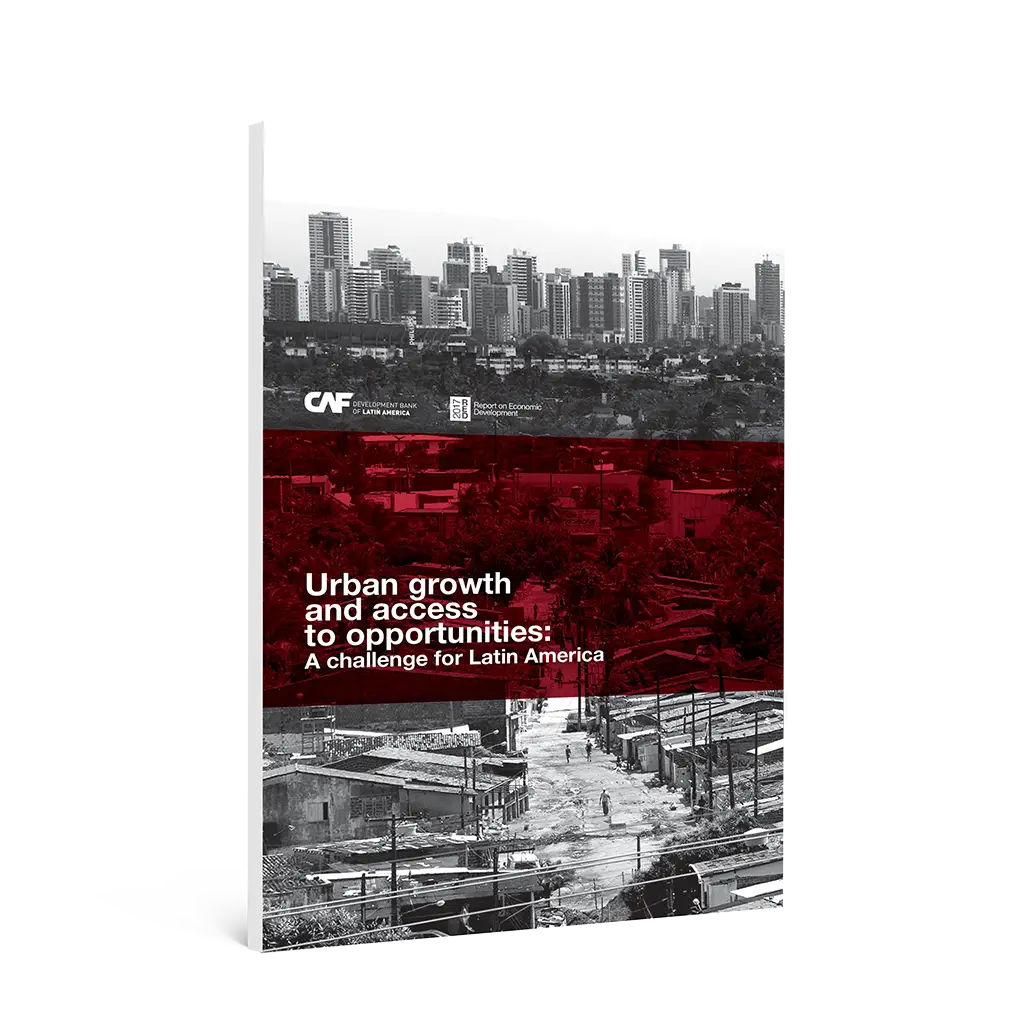
Urban growth and access to opportunities: A challenge for Latin America
RED 2017

More skills for work and life: The contributions of families, schools, jobs, and the social environment
RED 2016
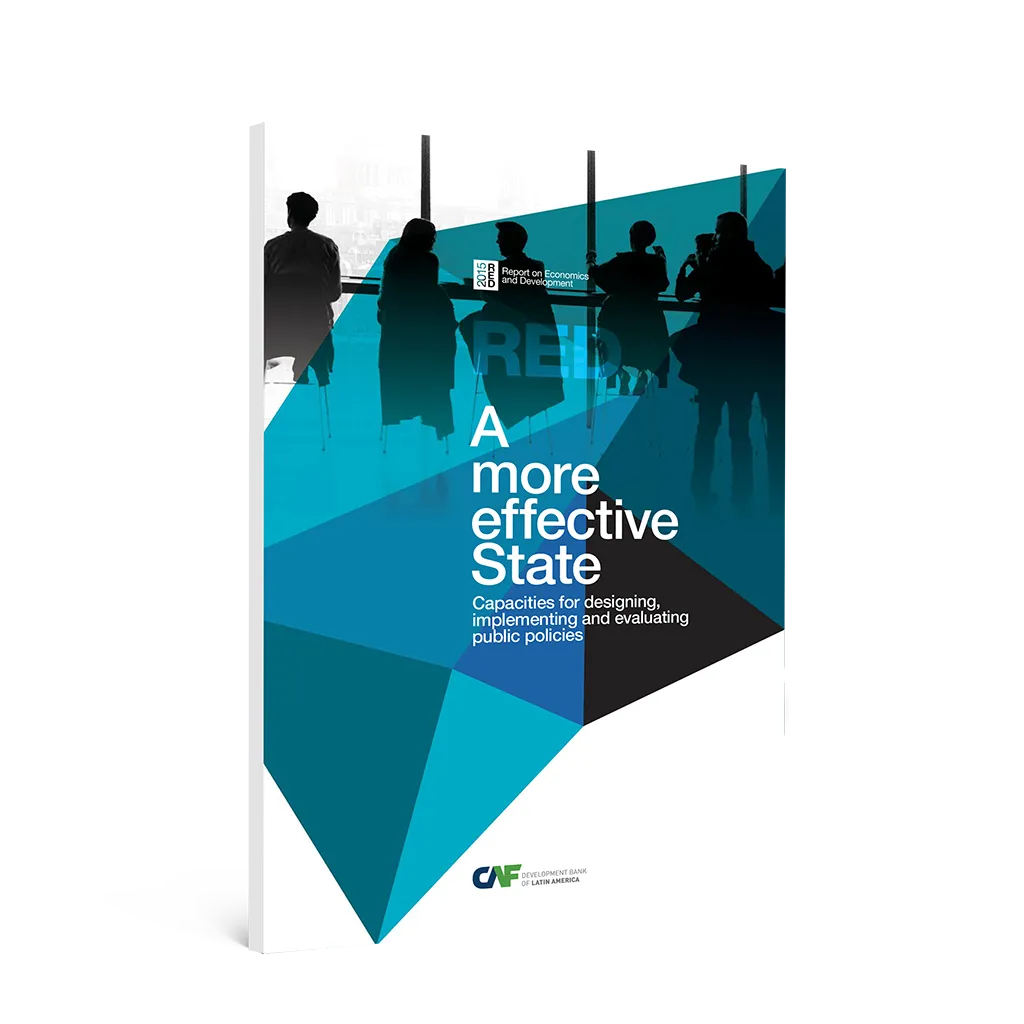
A more effective state. Capacities for designing, implementing and evaluating public policies
RED 2015
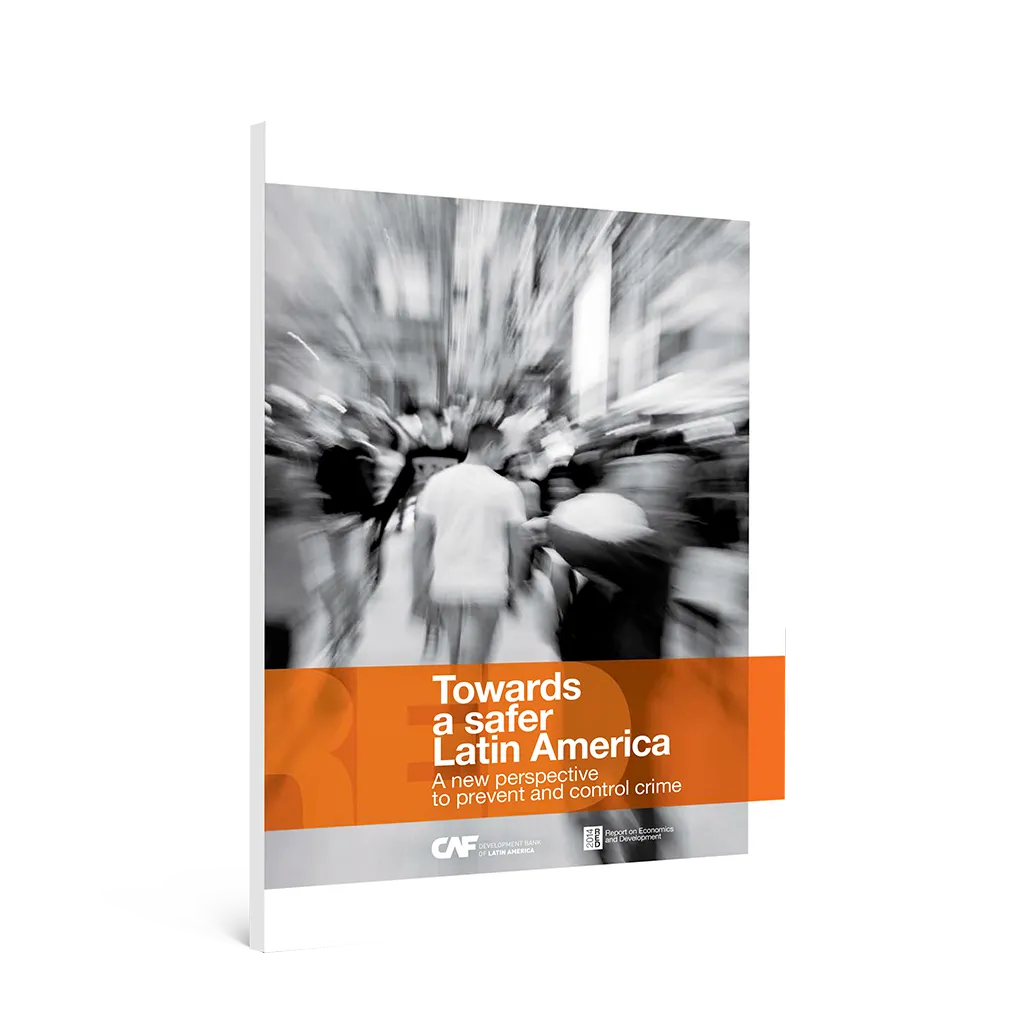
Towards a safer Latin America. A new perspective to prevent and control crime
RED 2014
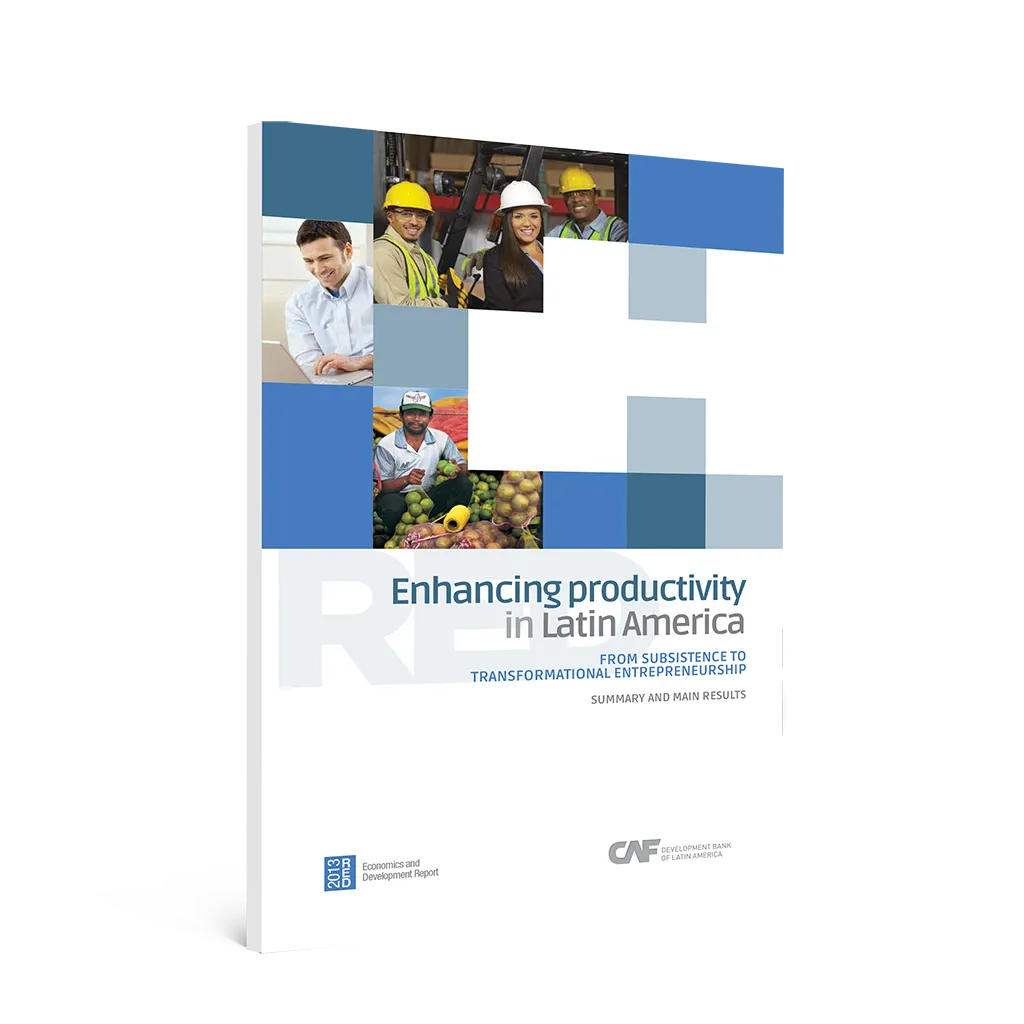
Enhancing productivity in Latin America: from subsistence to transformational entrepreneurship. Summary and main results
RED 2013
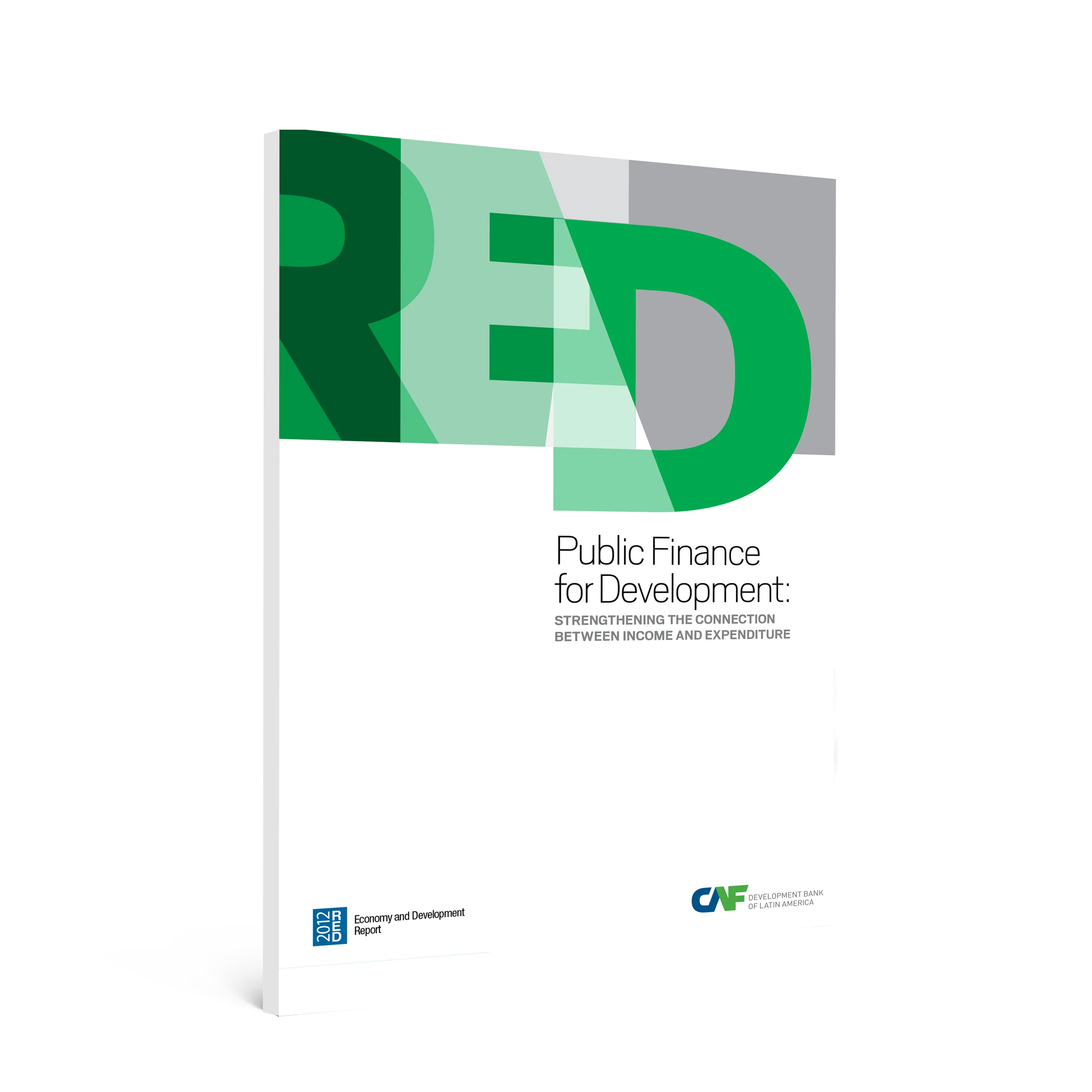
Public finance for development: Strengthening the connection between income and expenditure
RED 2012
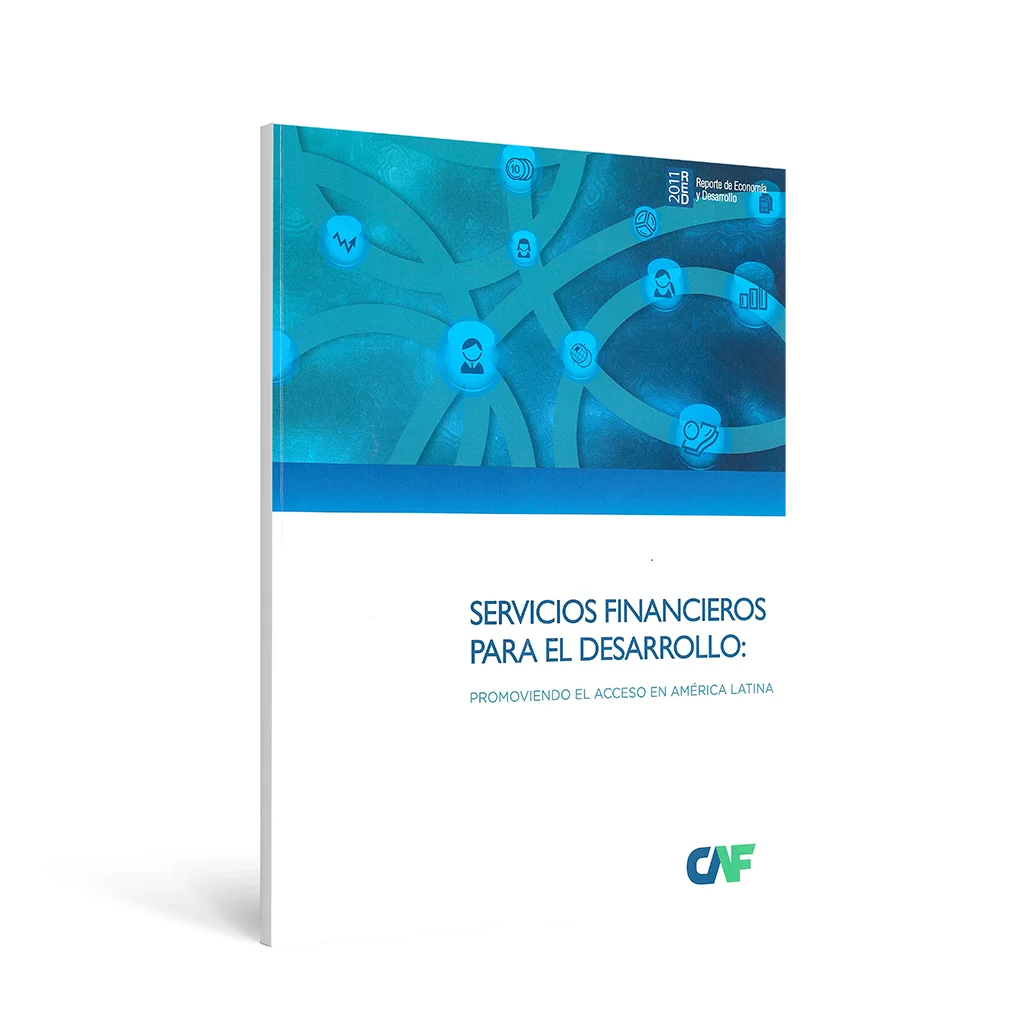
Financial services for development: Promoting Access in Latin America
RED 2011
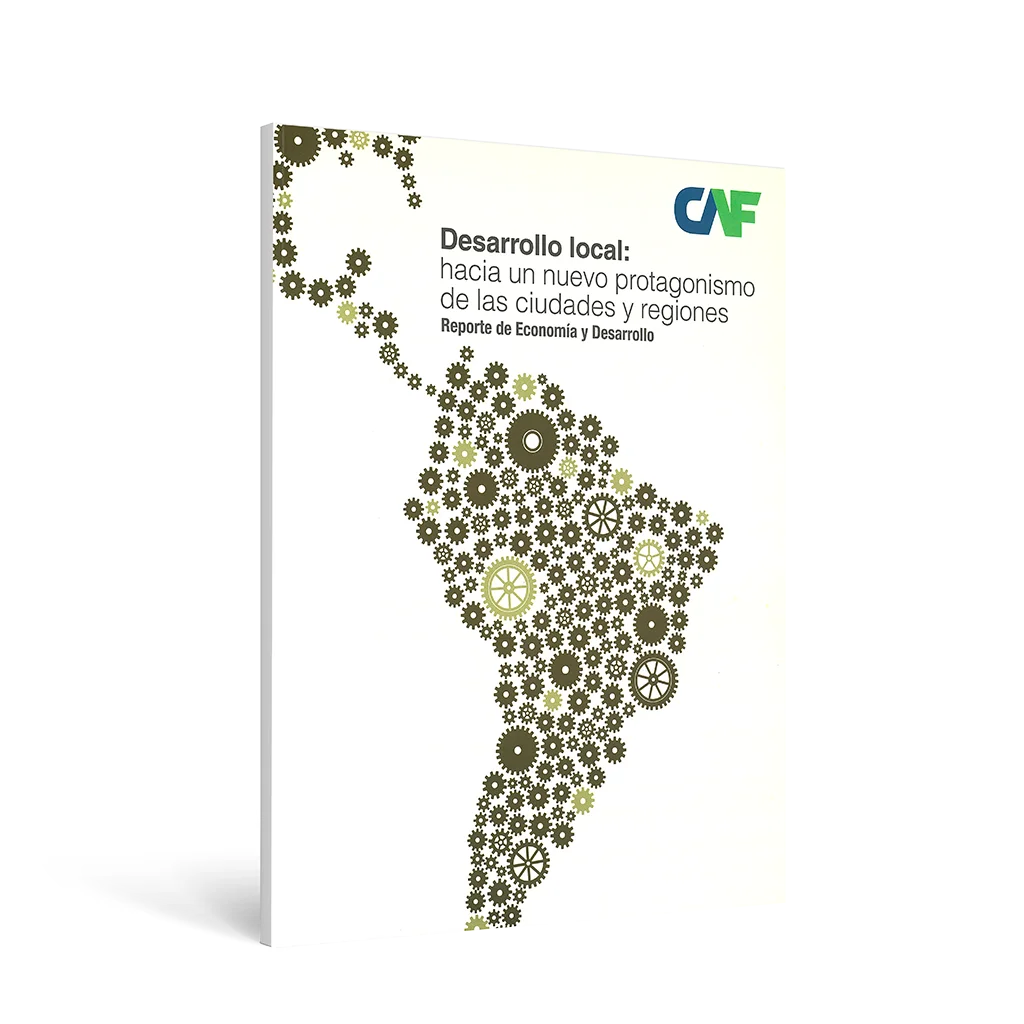
Local development: Towards a new protagonism of cities and regions
RED 2010
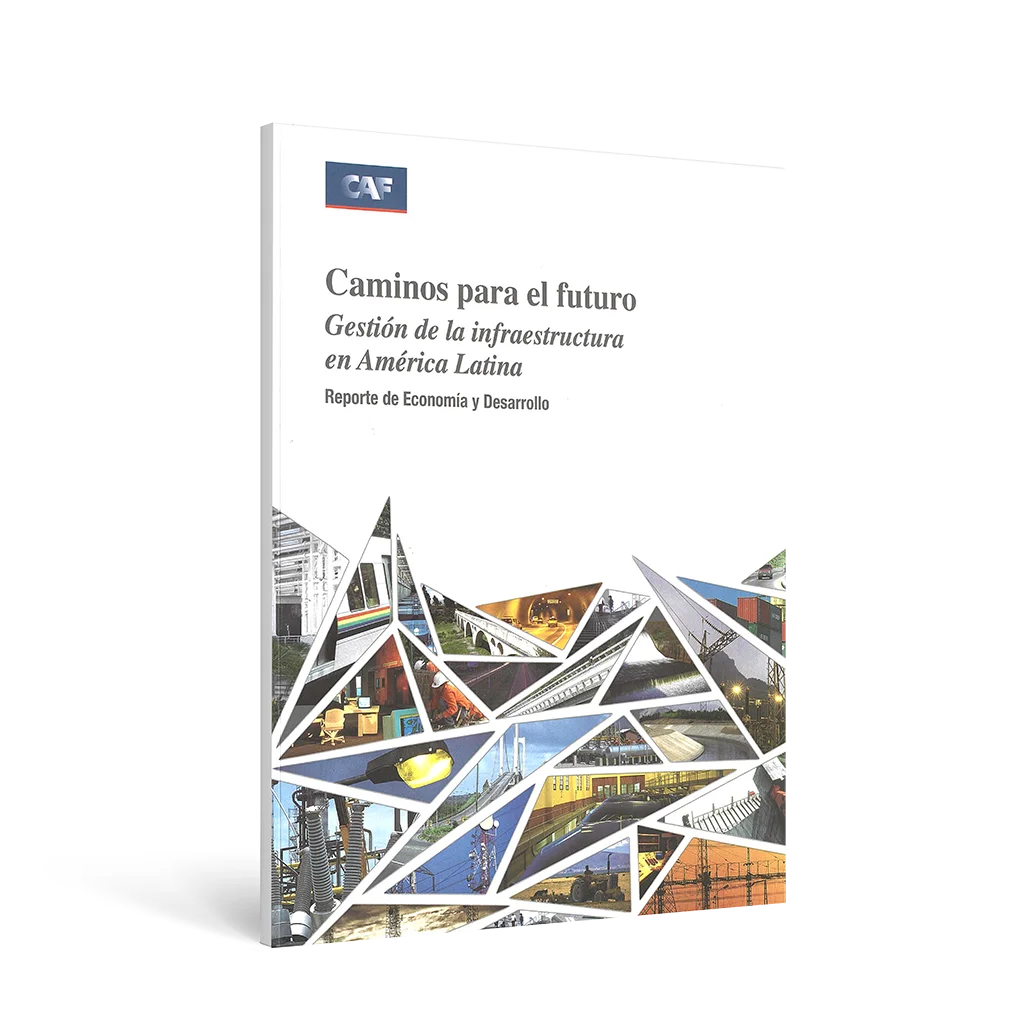
Paths for the future: Infraestructure management in Latin America
RED 2009
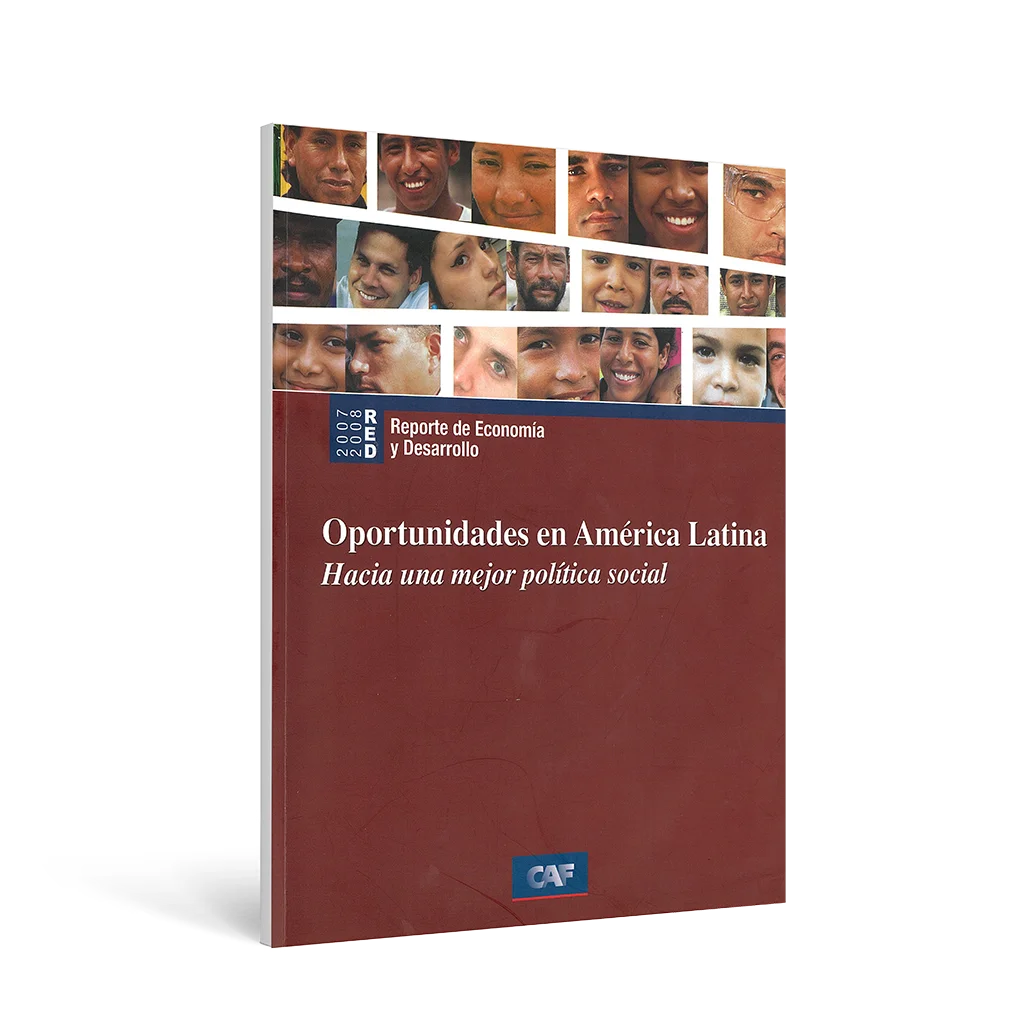
Opportunities in Latin America: Towards better social policy
RED 2007-2008
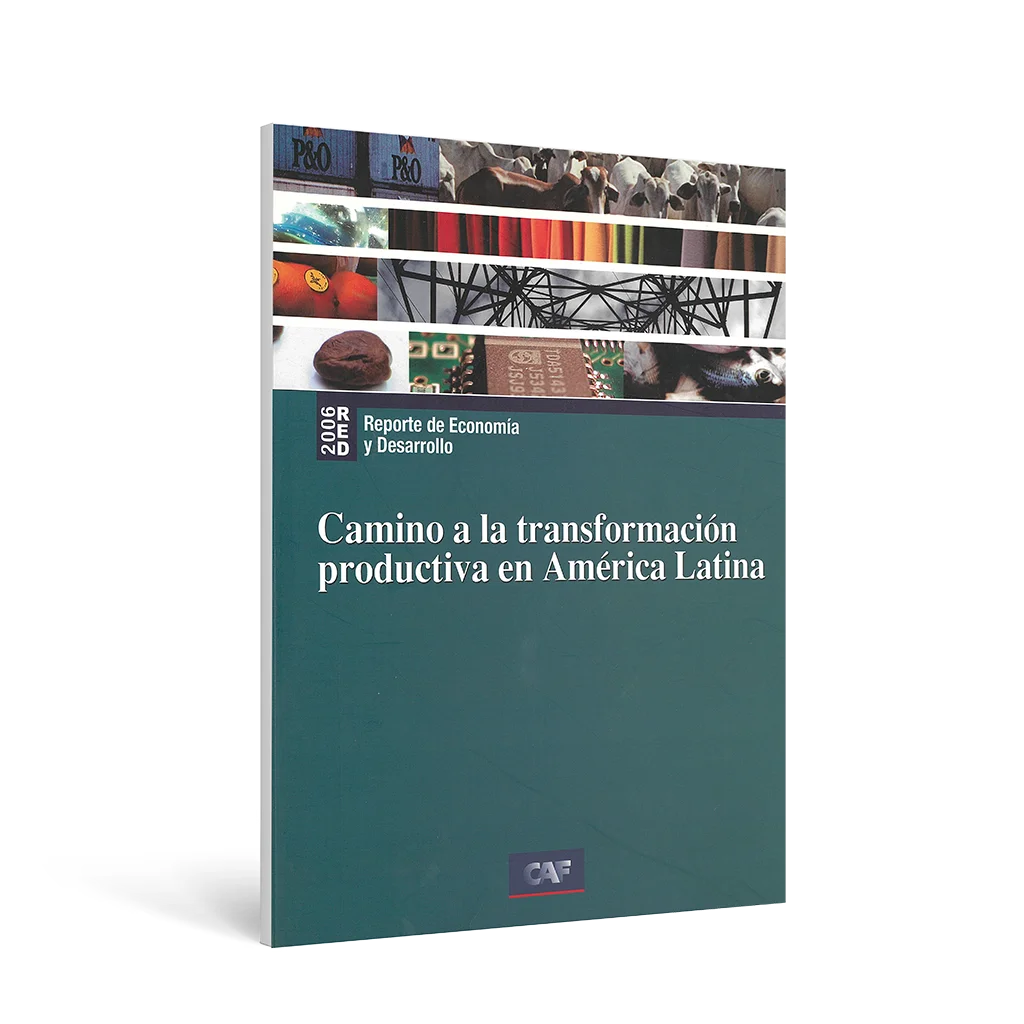
Paths to productive transformation in Latin America
RED 2006
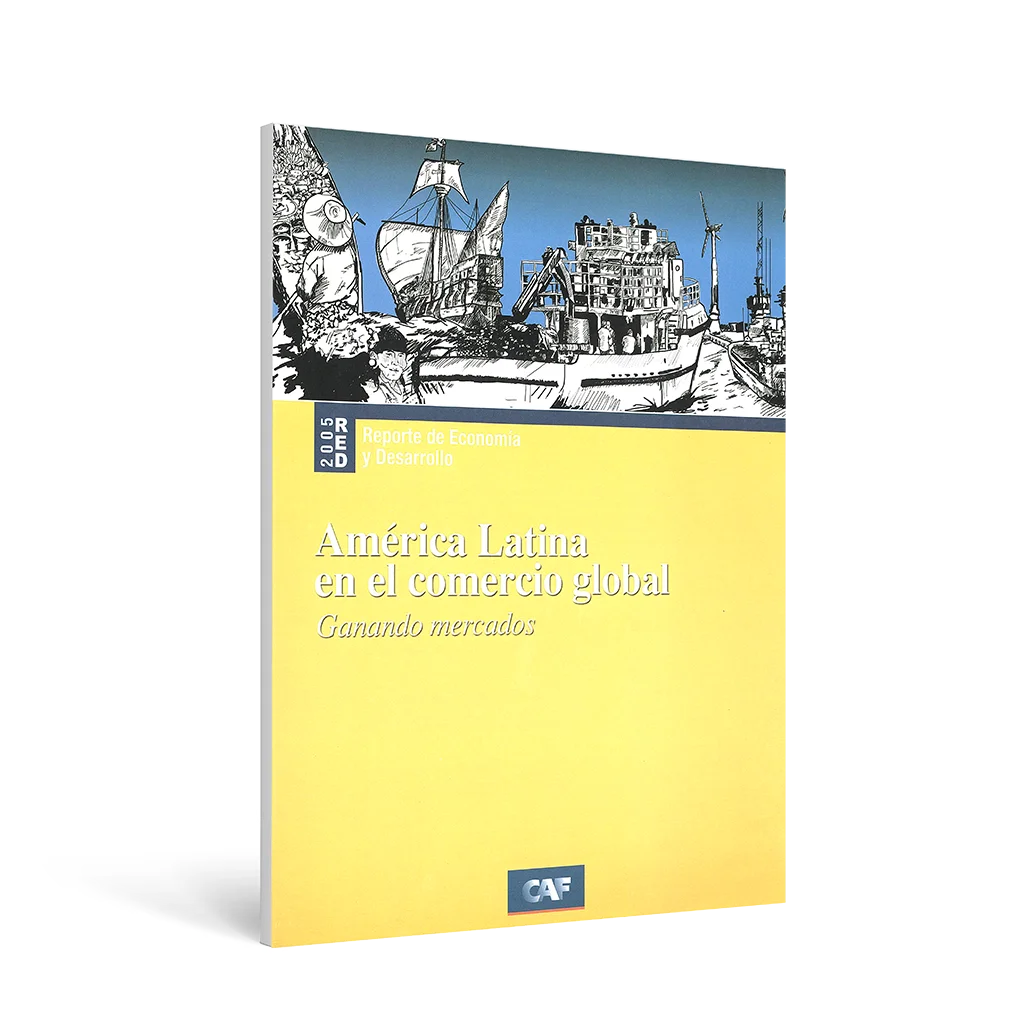
Latin America in the global economy. Advancing market access
RED 2005
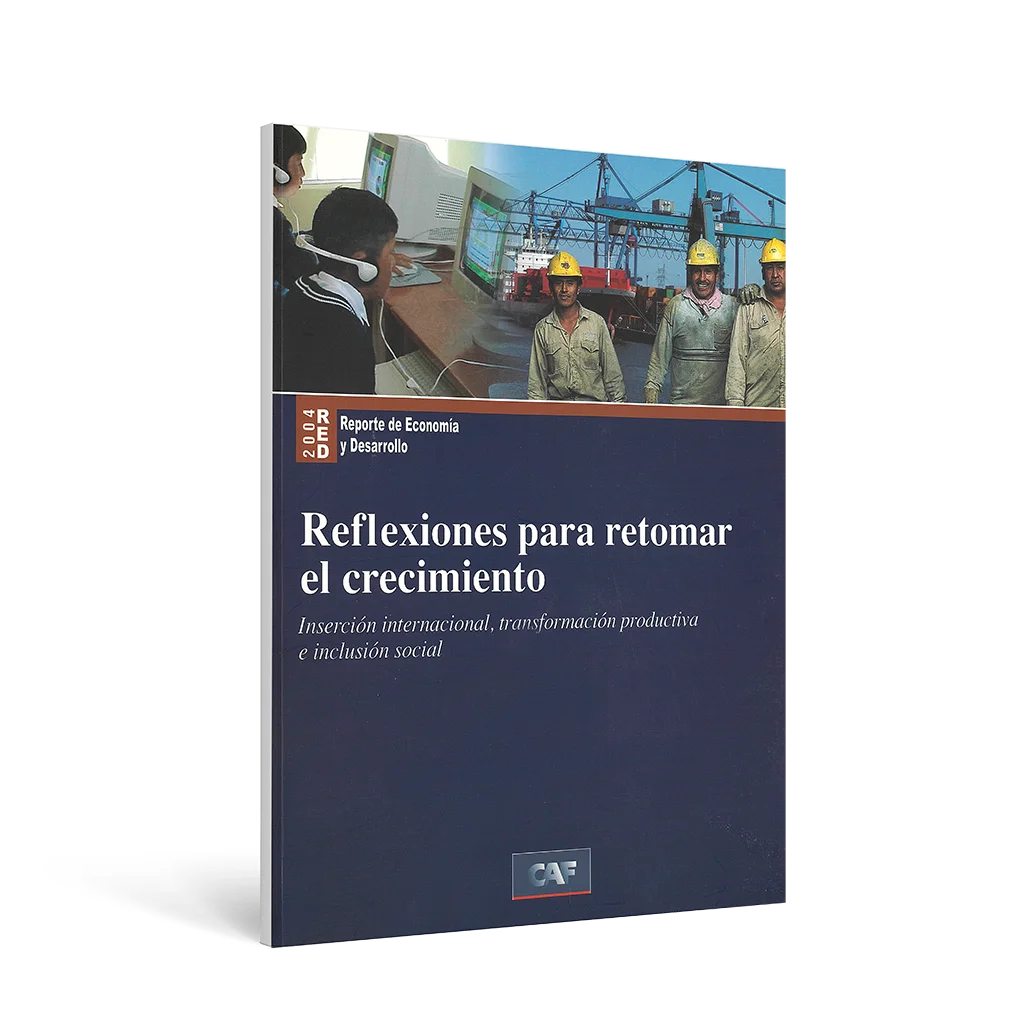
Recovering growth in Latin America. Trade, productivity and social inclusion
RED 2004
Visión CAF

Sergio Díaz-Granados
Executive President of CAF
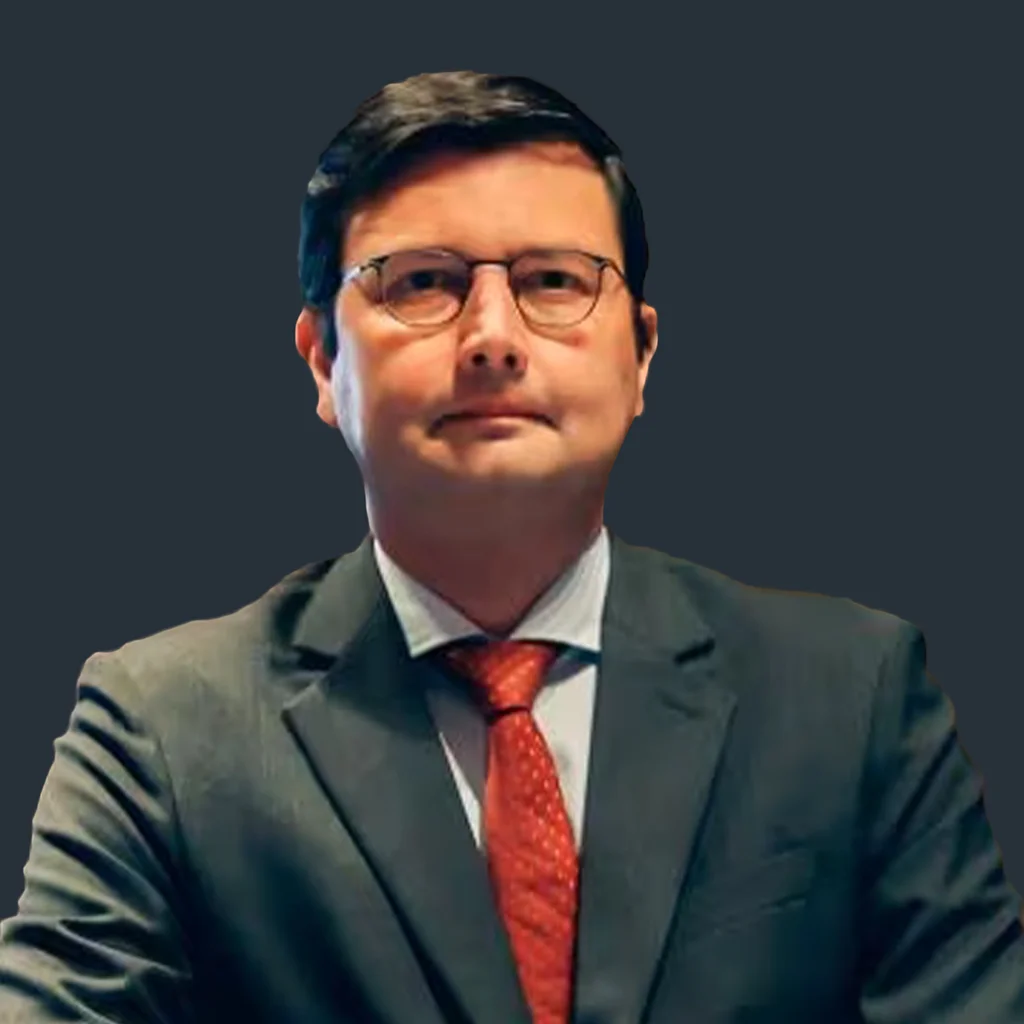
Gianpiero Leoncini
Executive Vice-President of CAF

Christian Asinelli
Corporate Vice-President of Strategic Planning at CAF
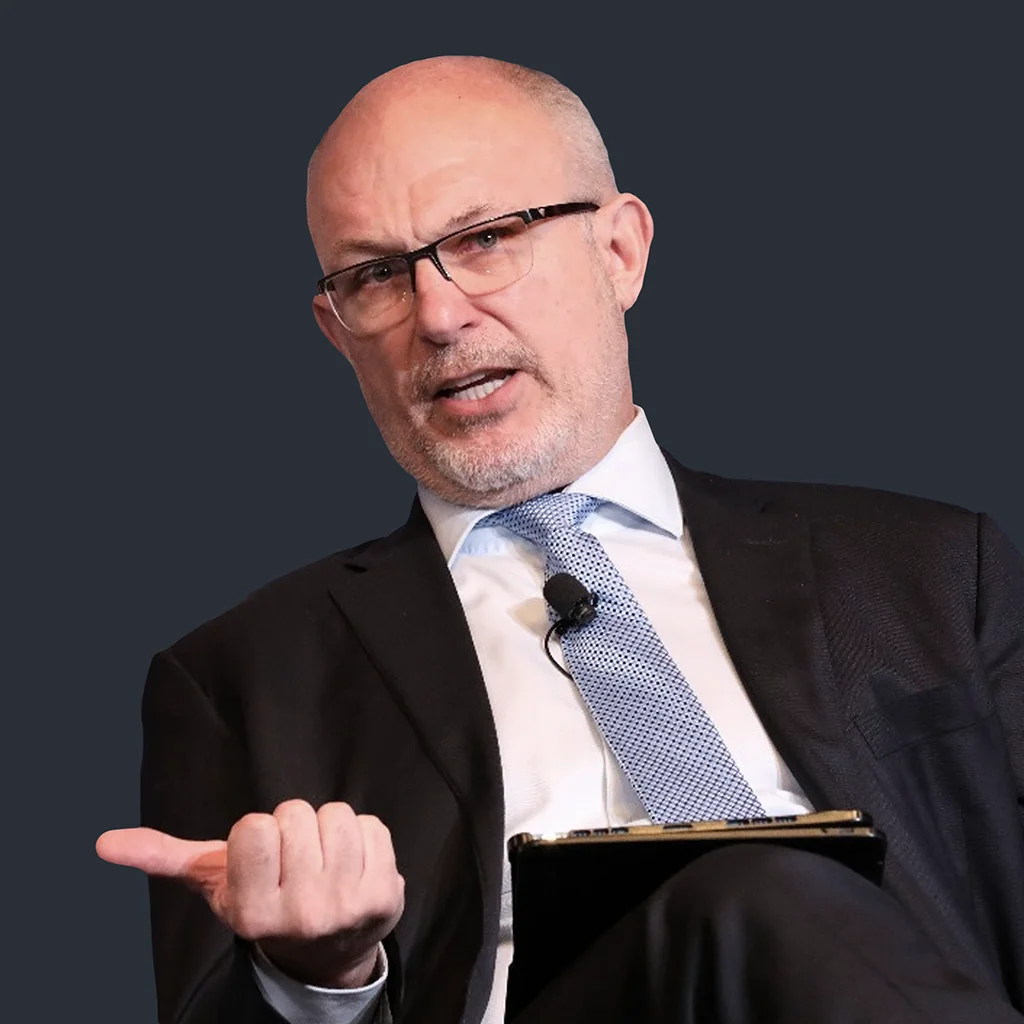
Antonio H. Pinheiro Silveira
Vice-President of the Private Sector at CAF
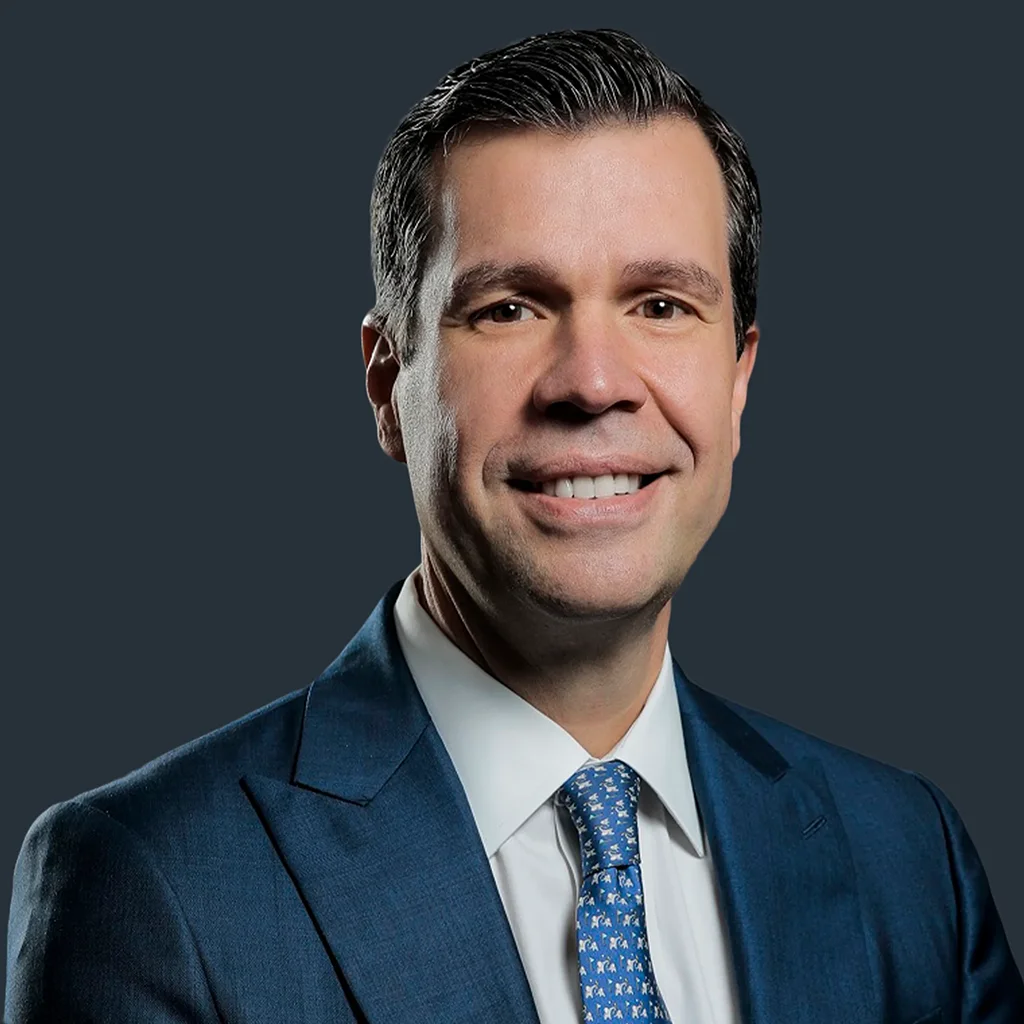
Gabriel Felpeto
Vice-President of Finance at CAF

Alejandra Claros
Secretary General of CAF

Verónica Frisancho
Knowledge Manager of CAF